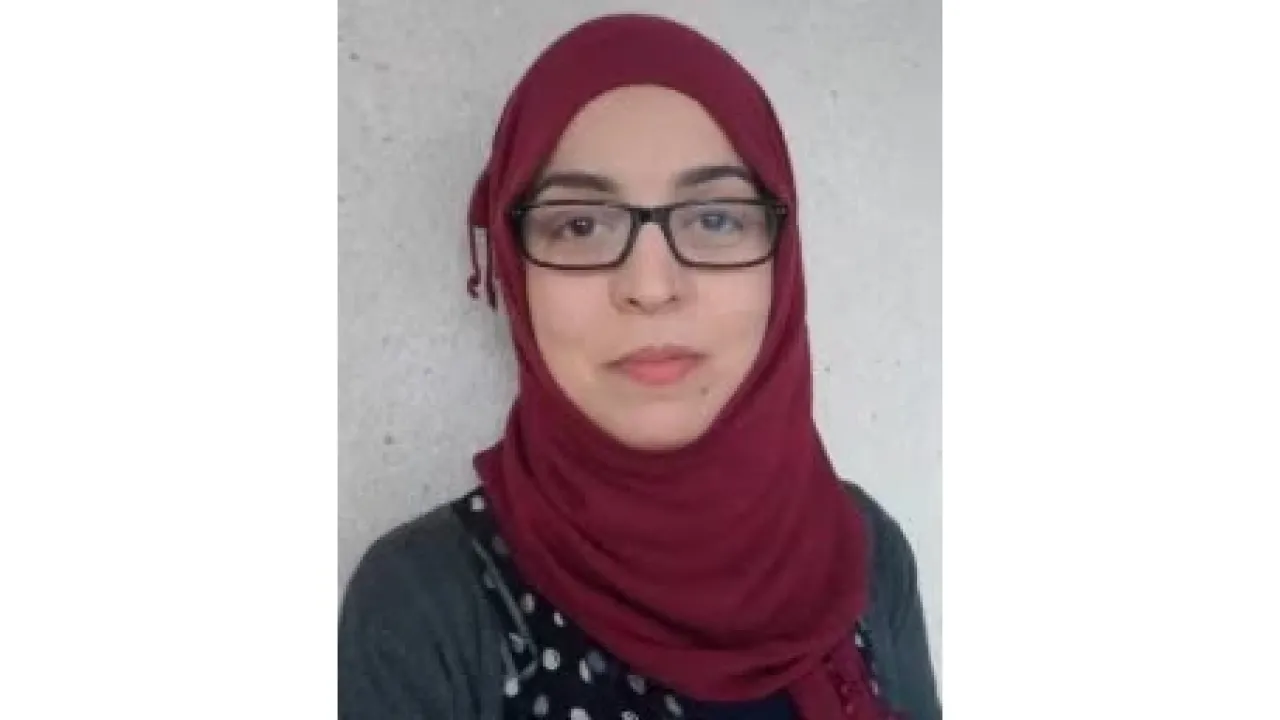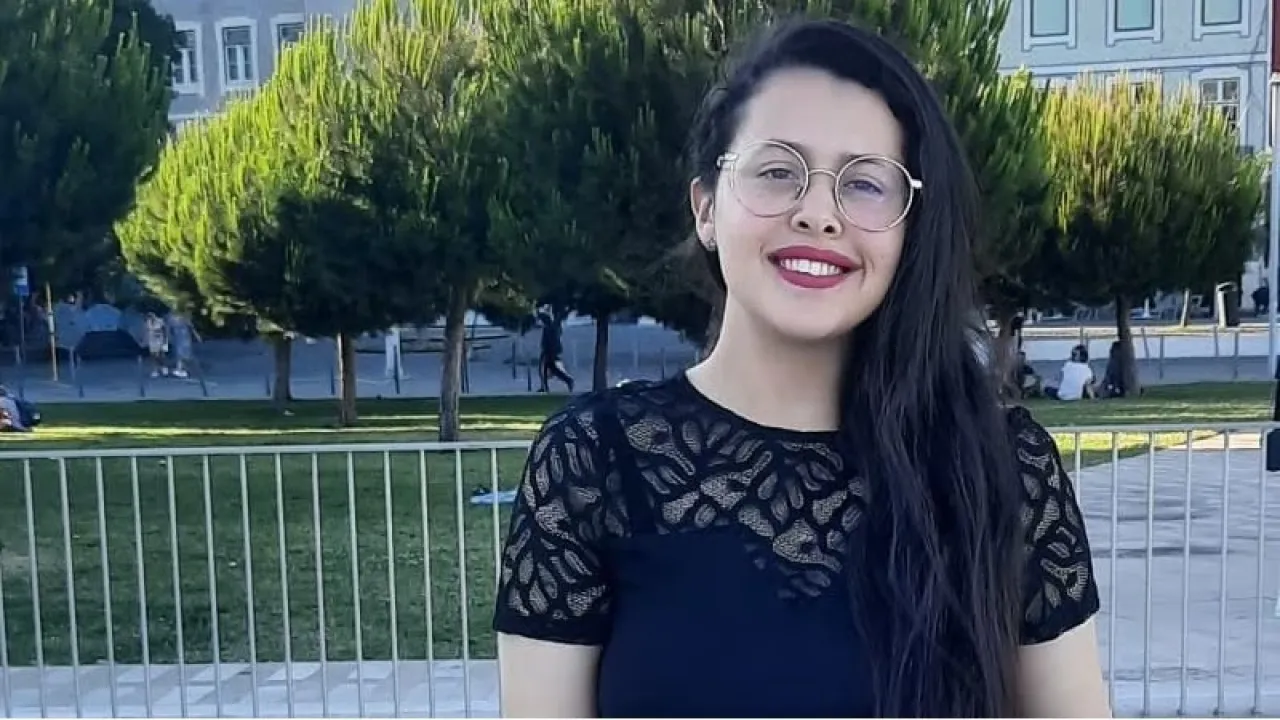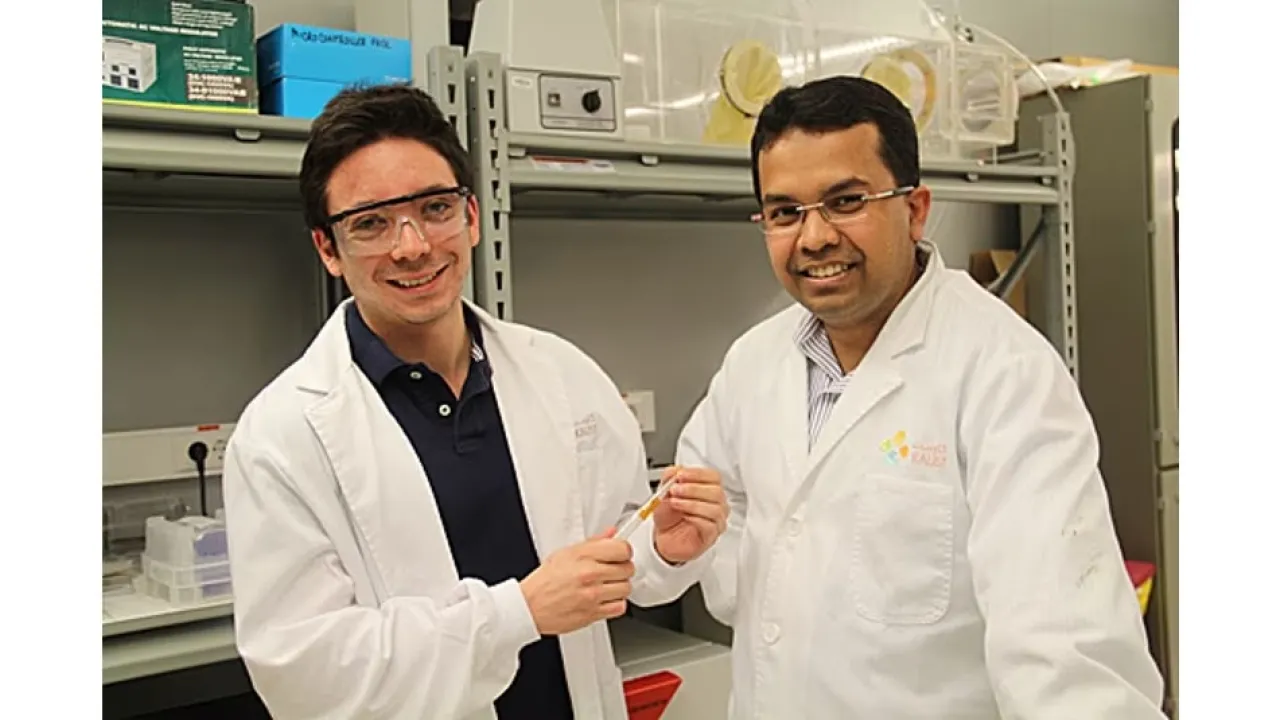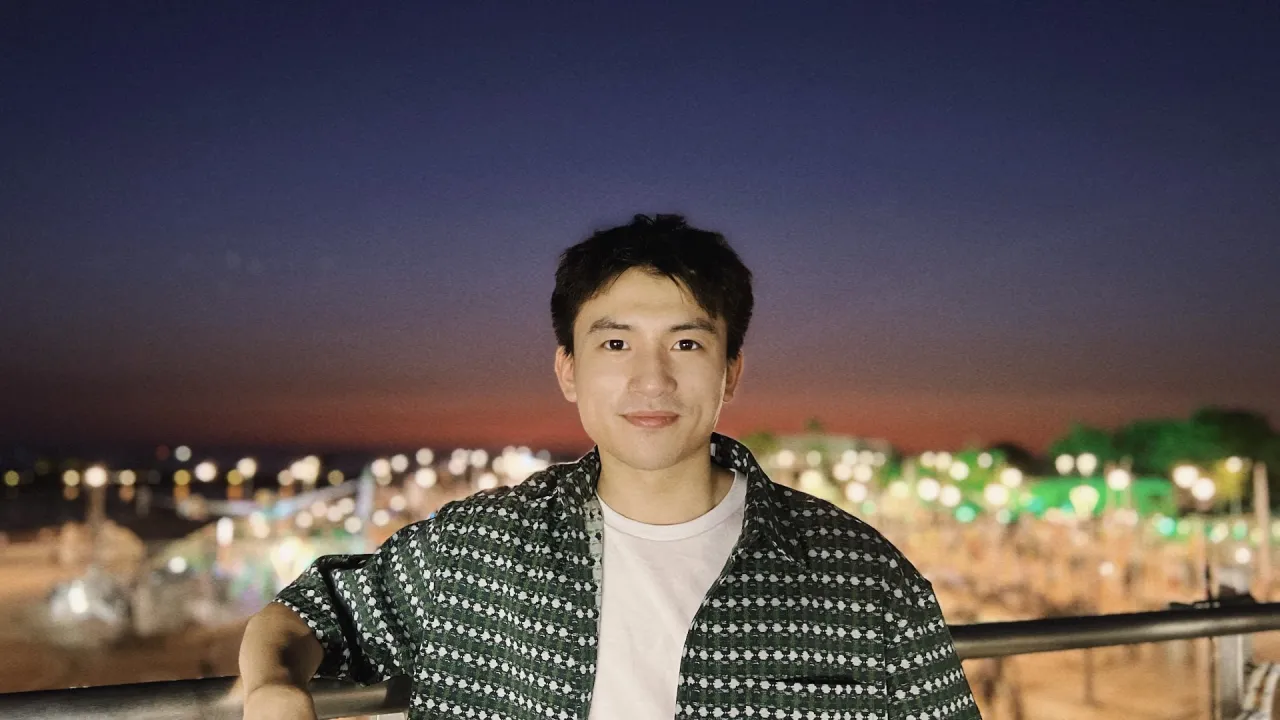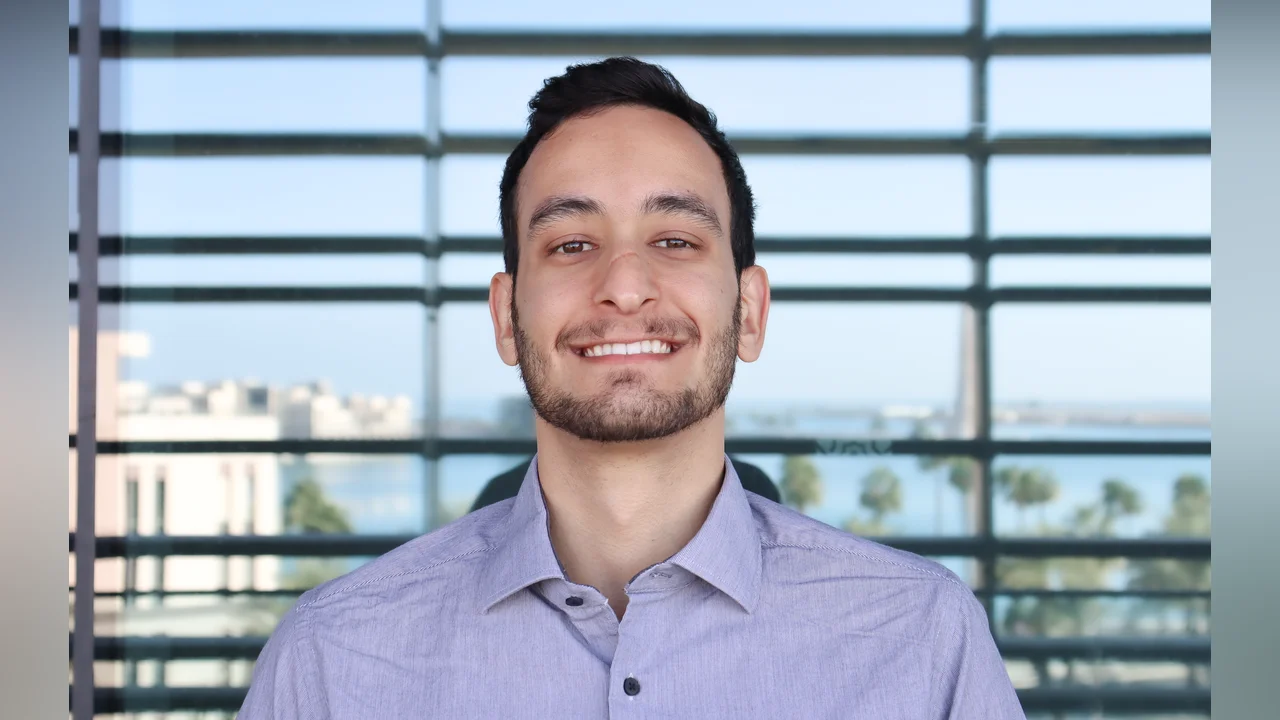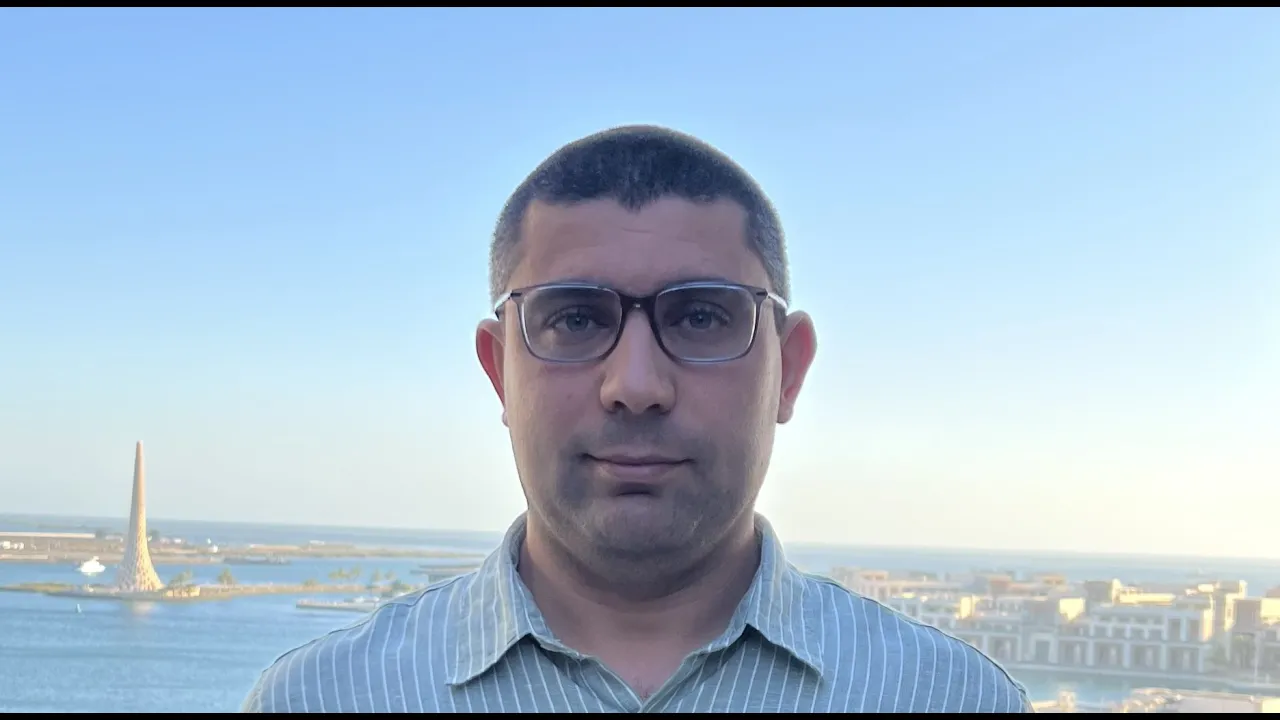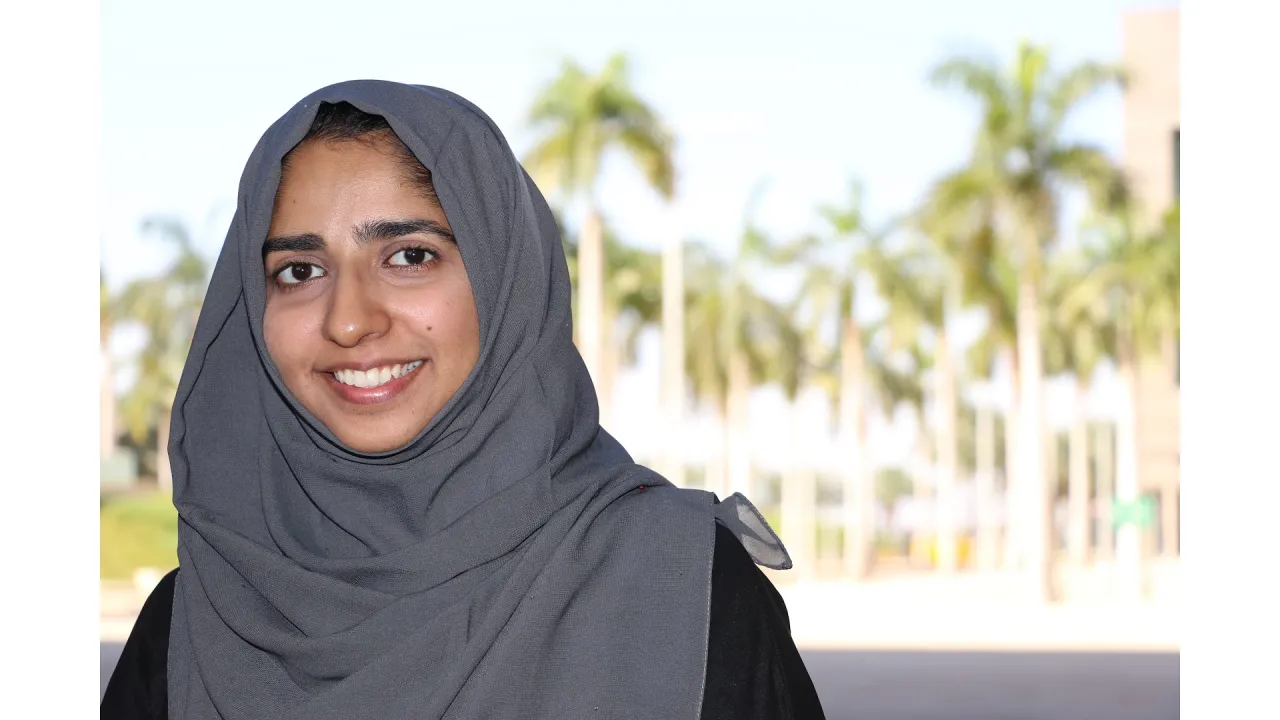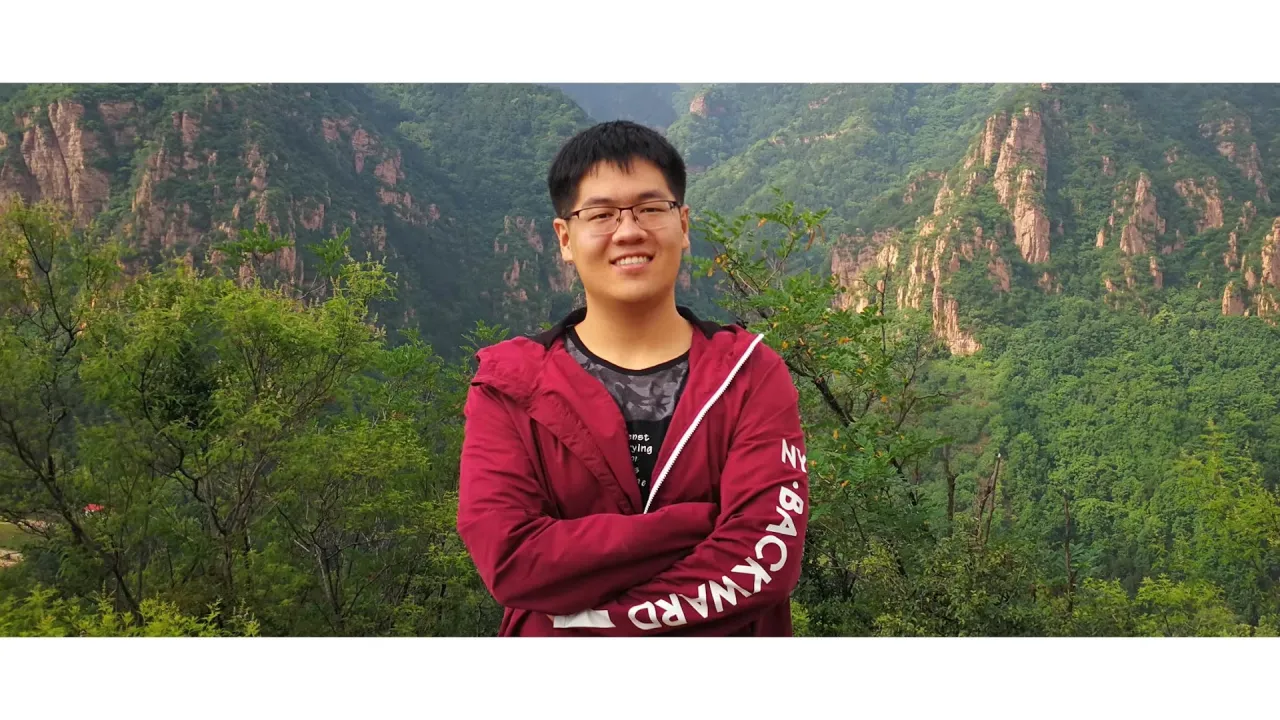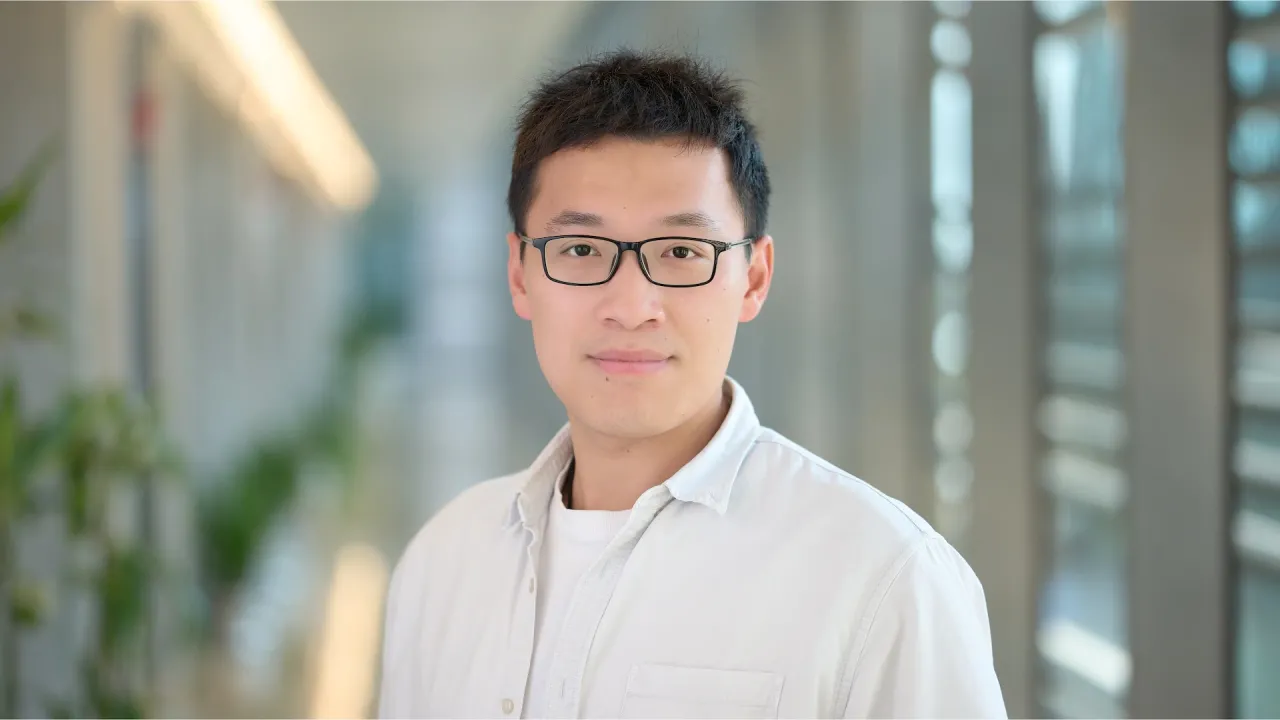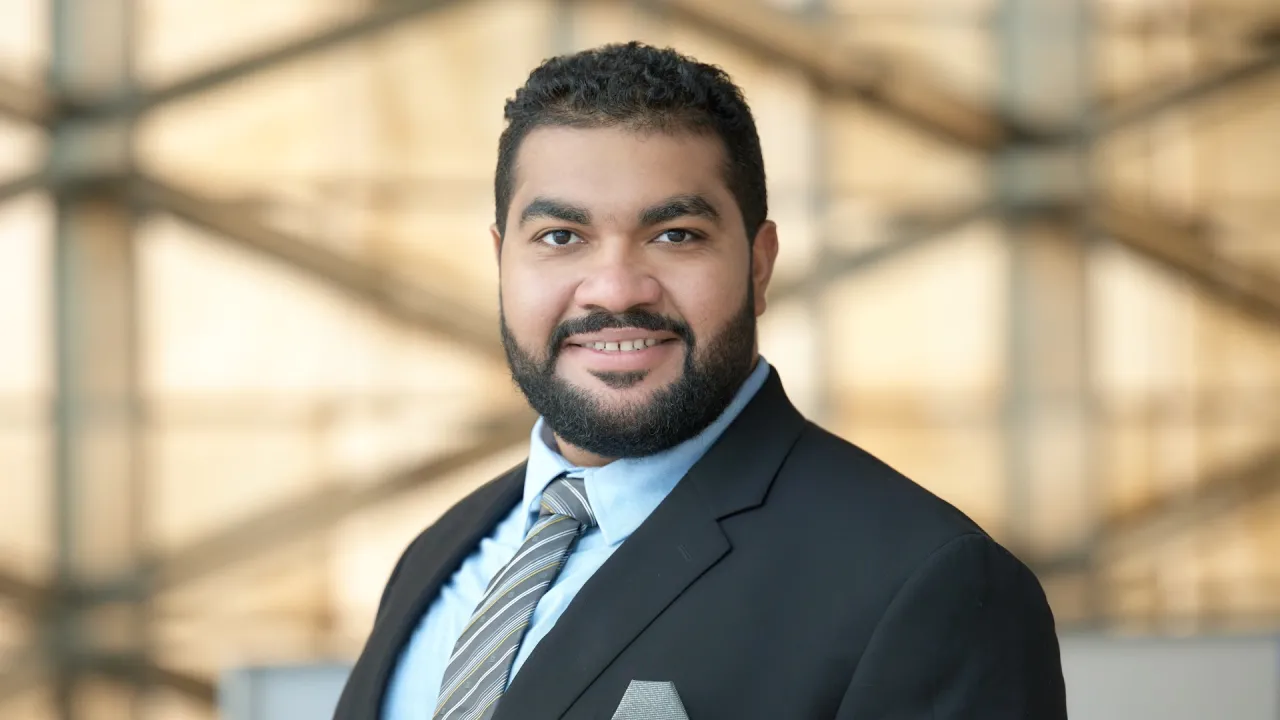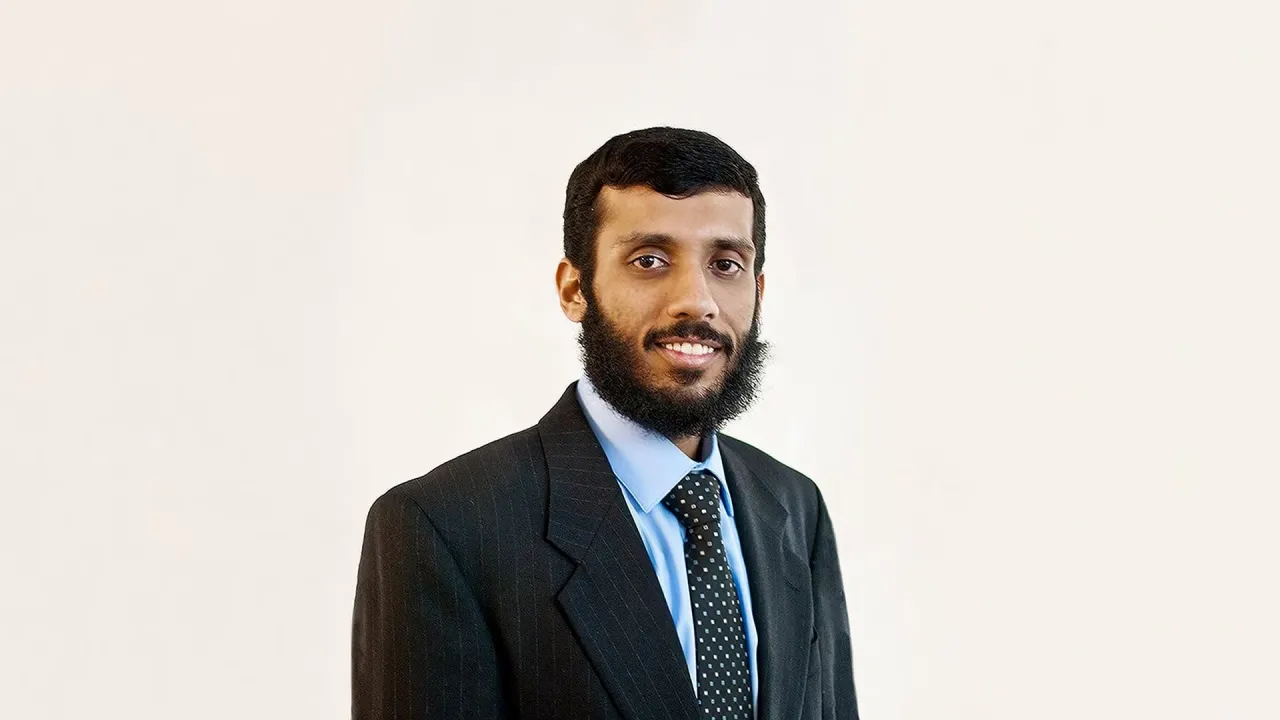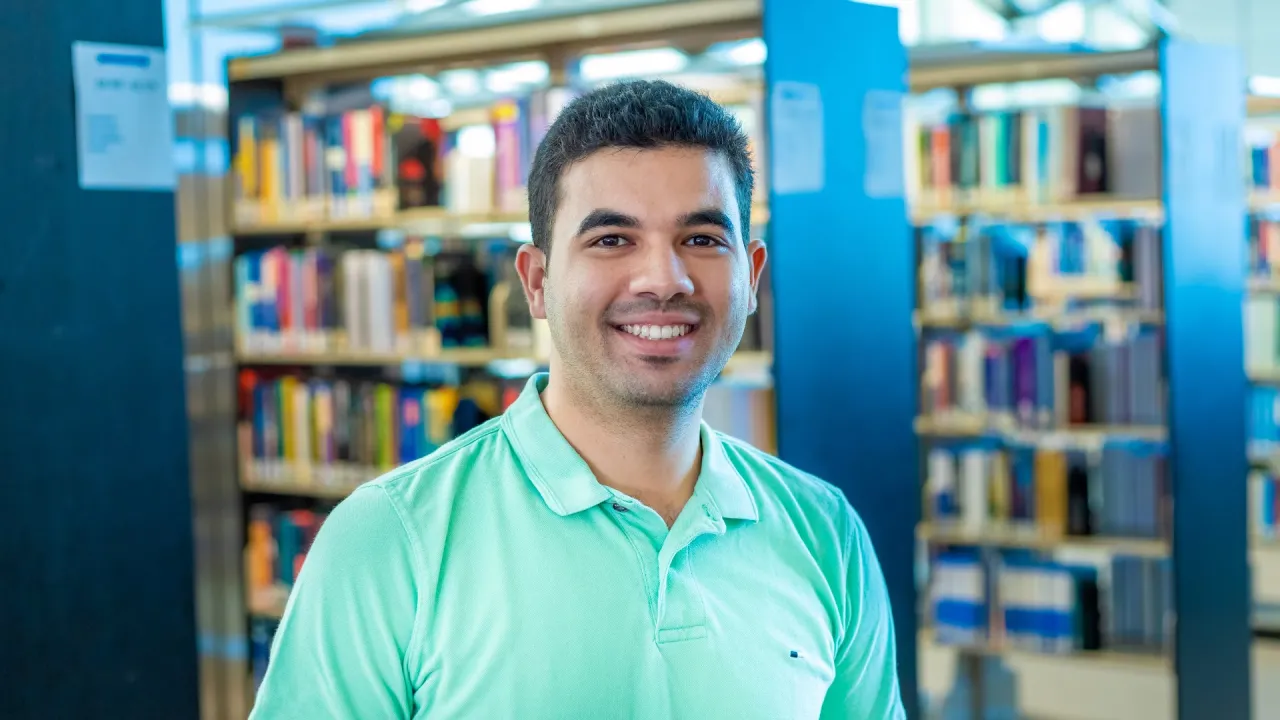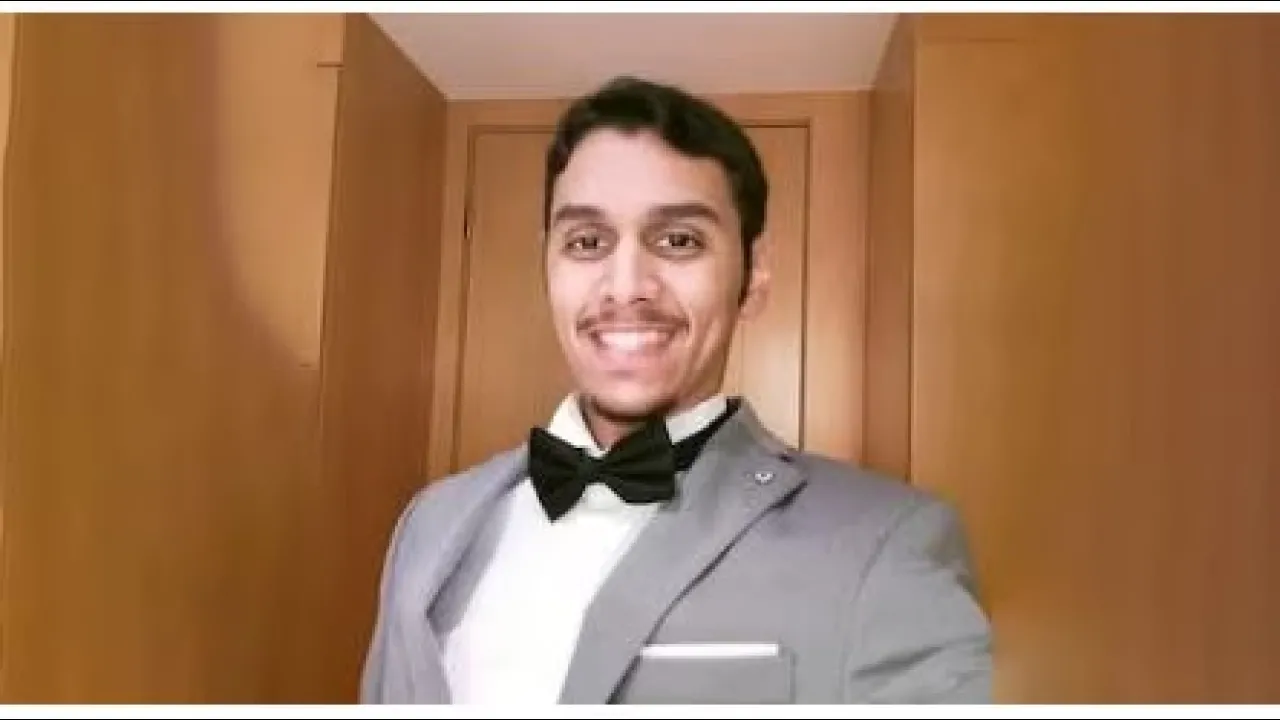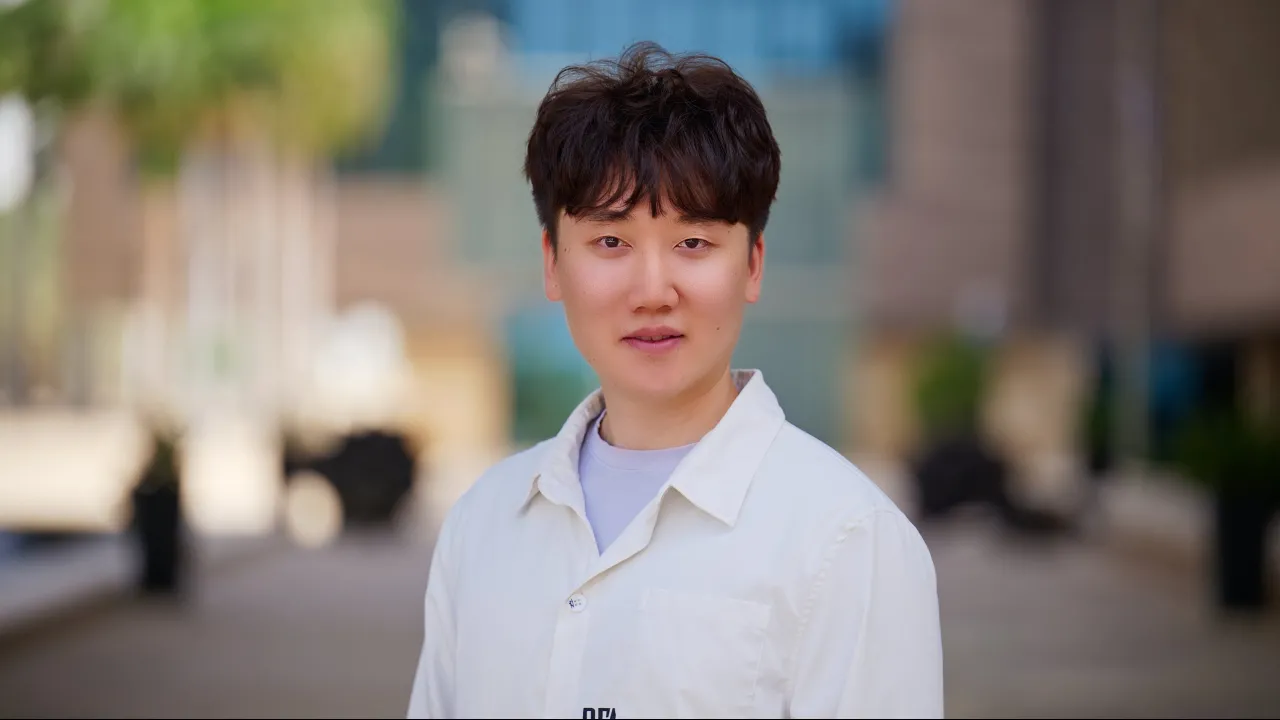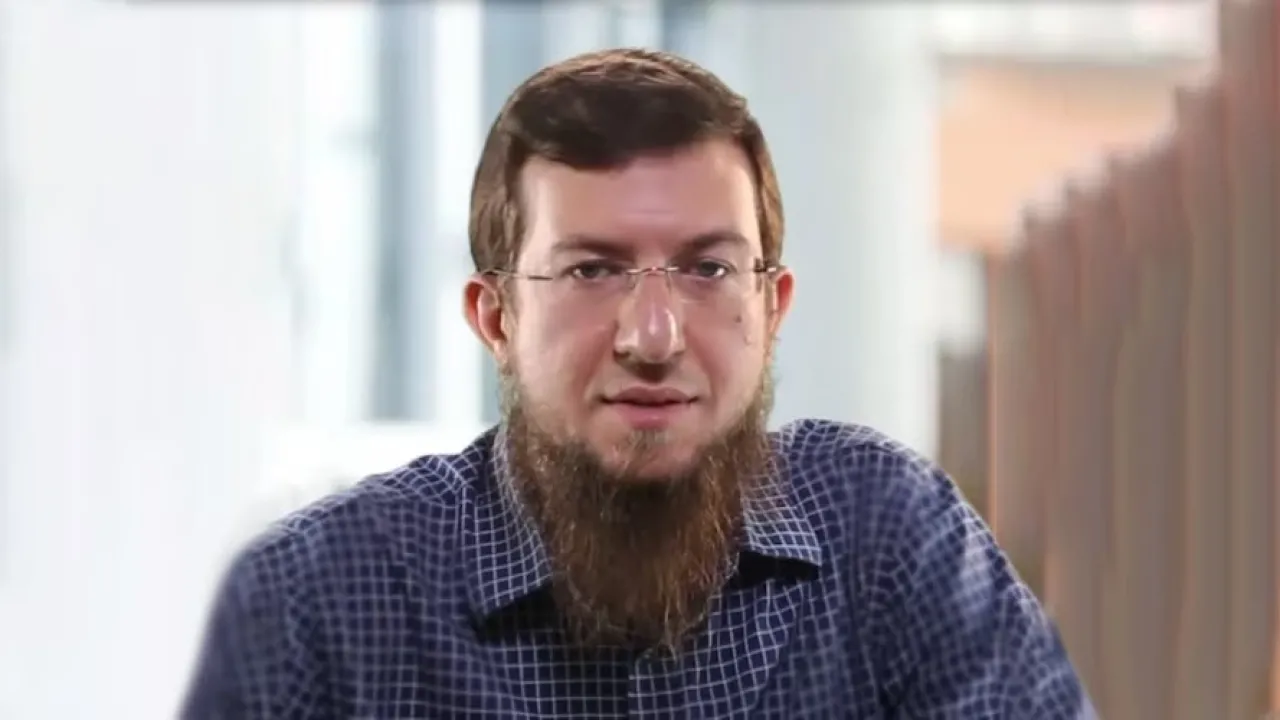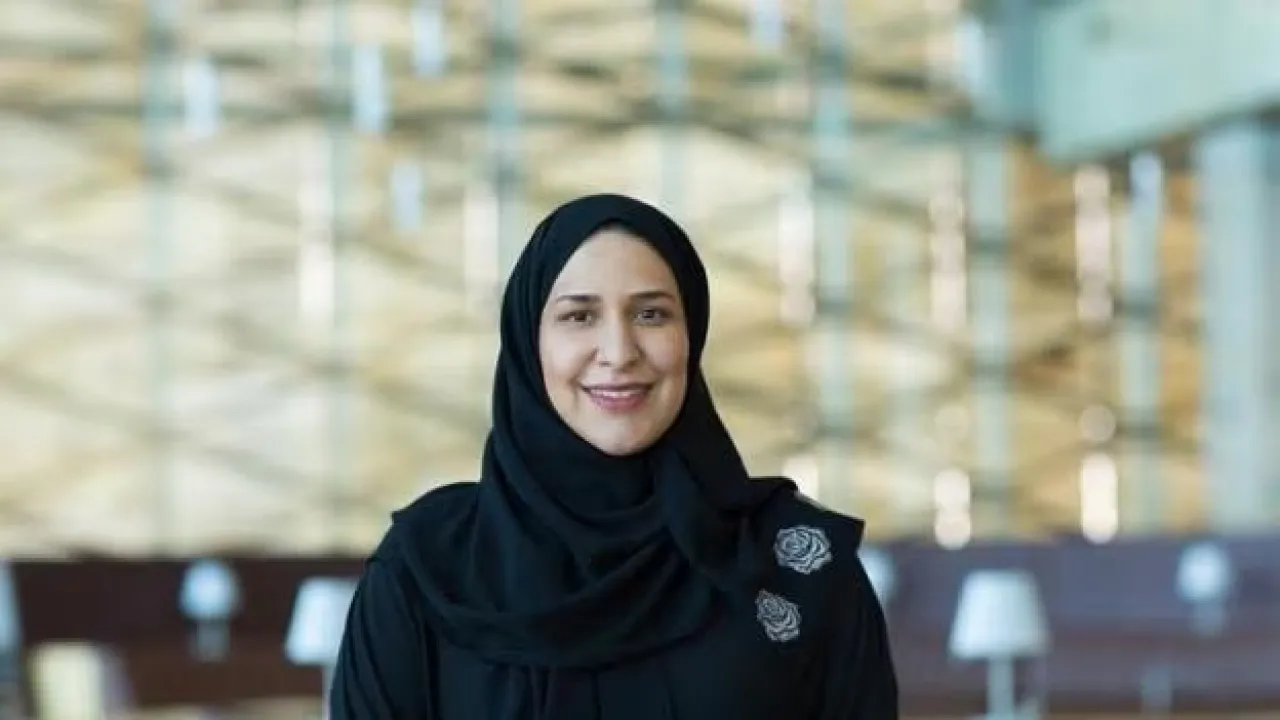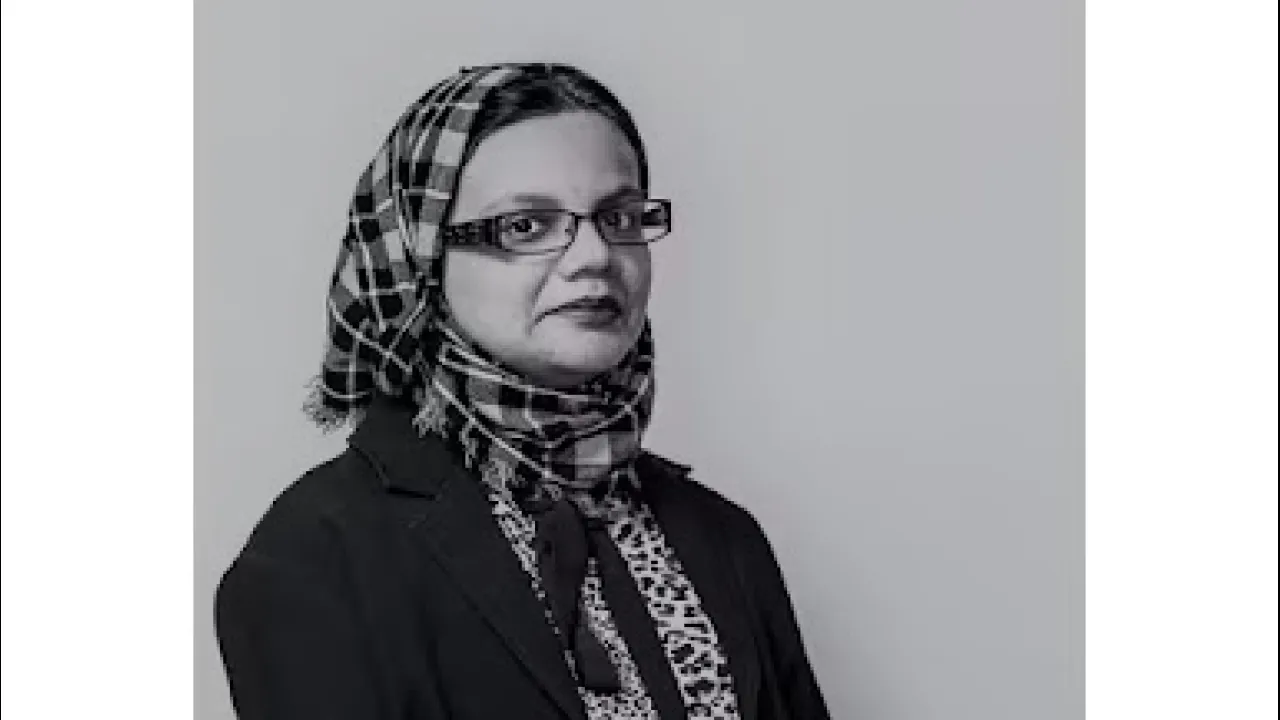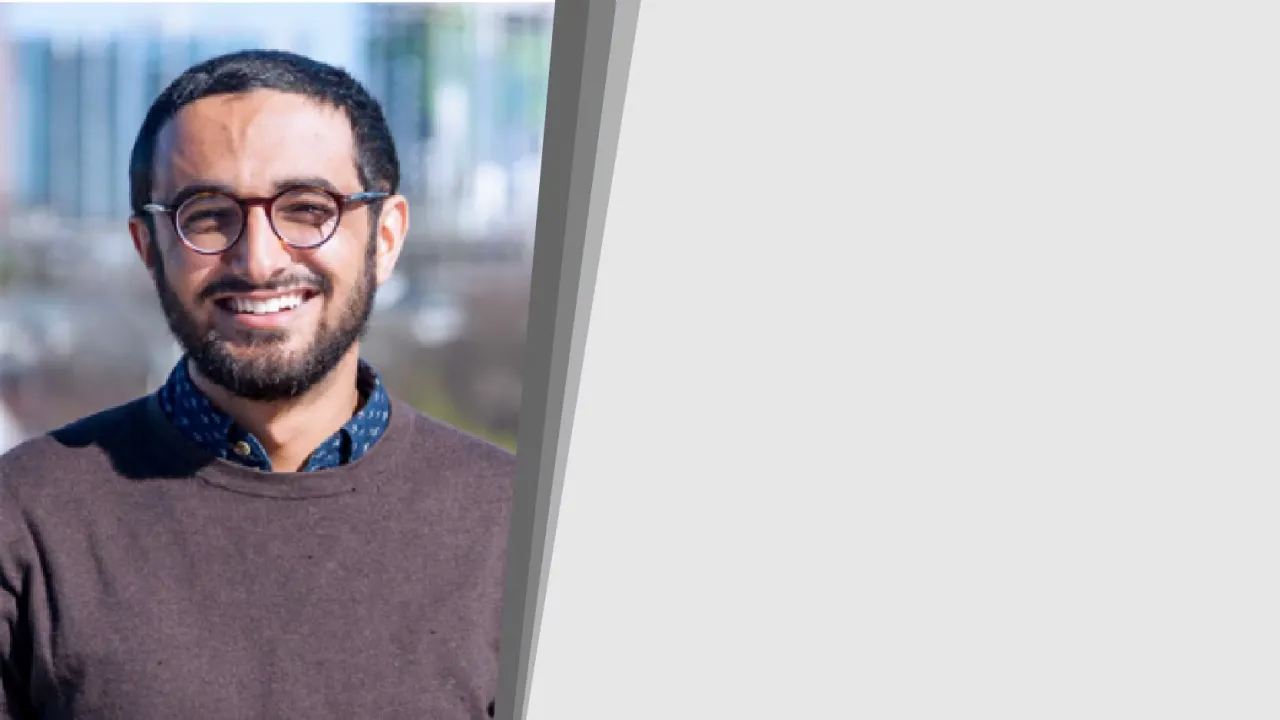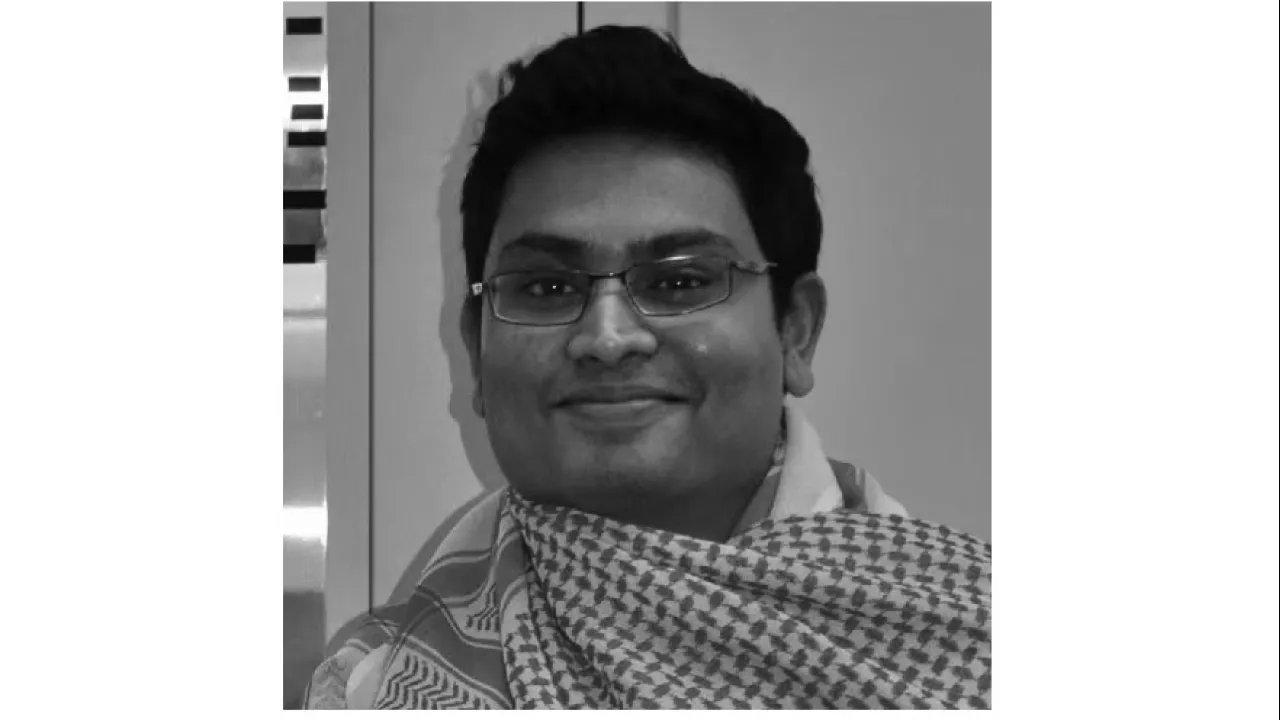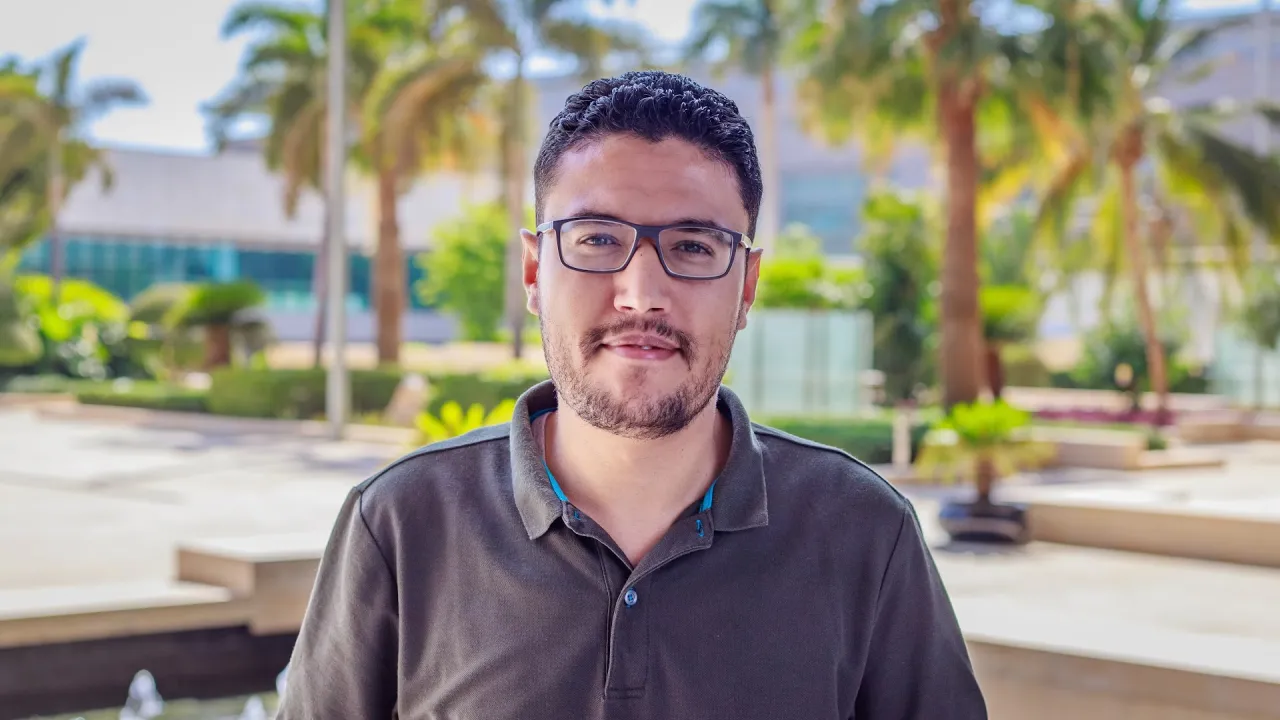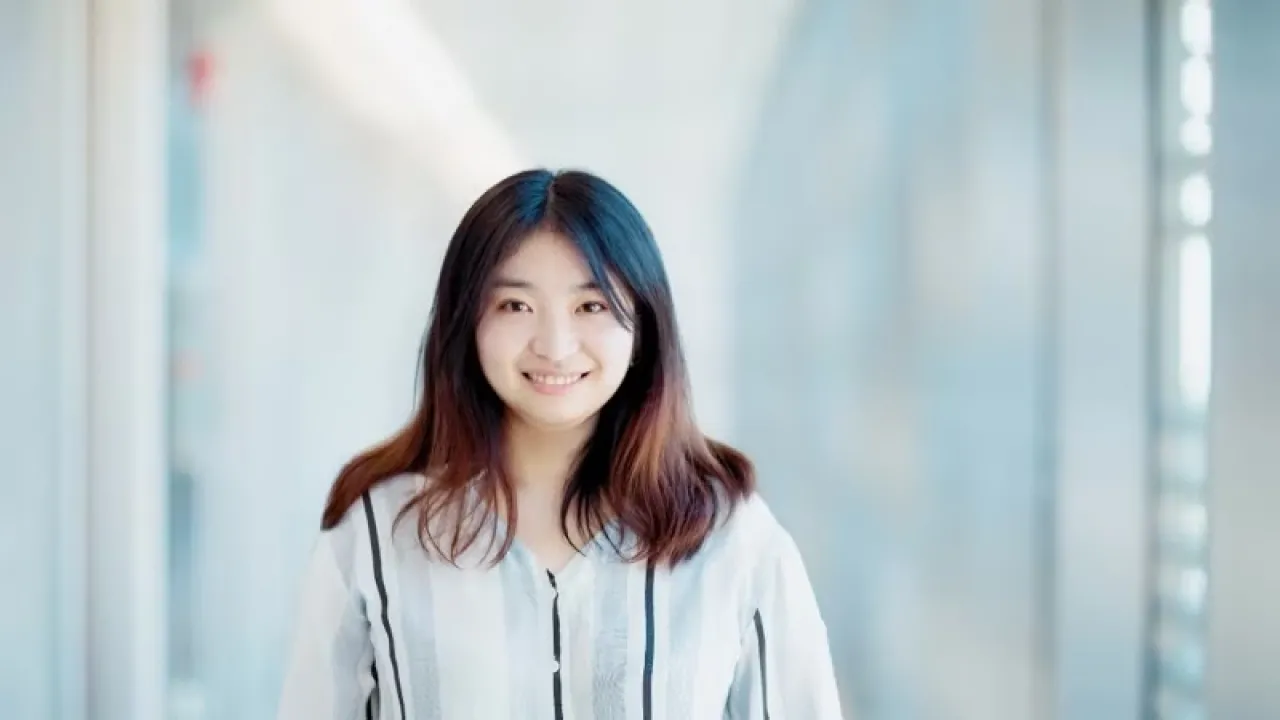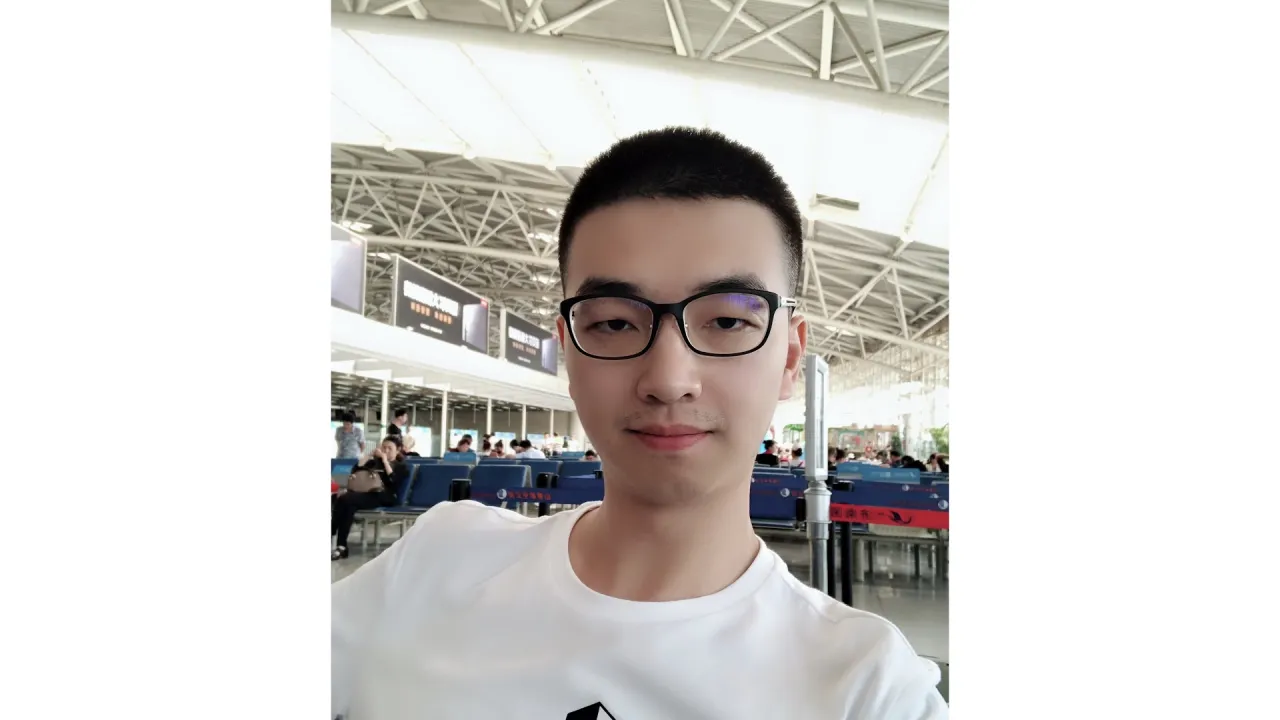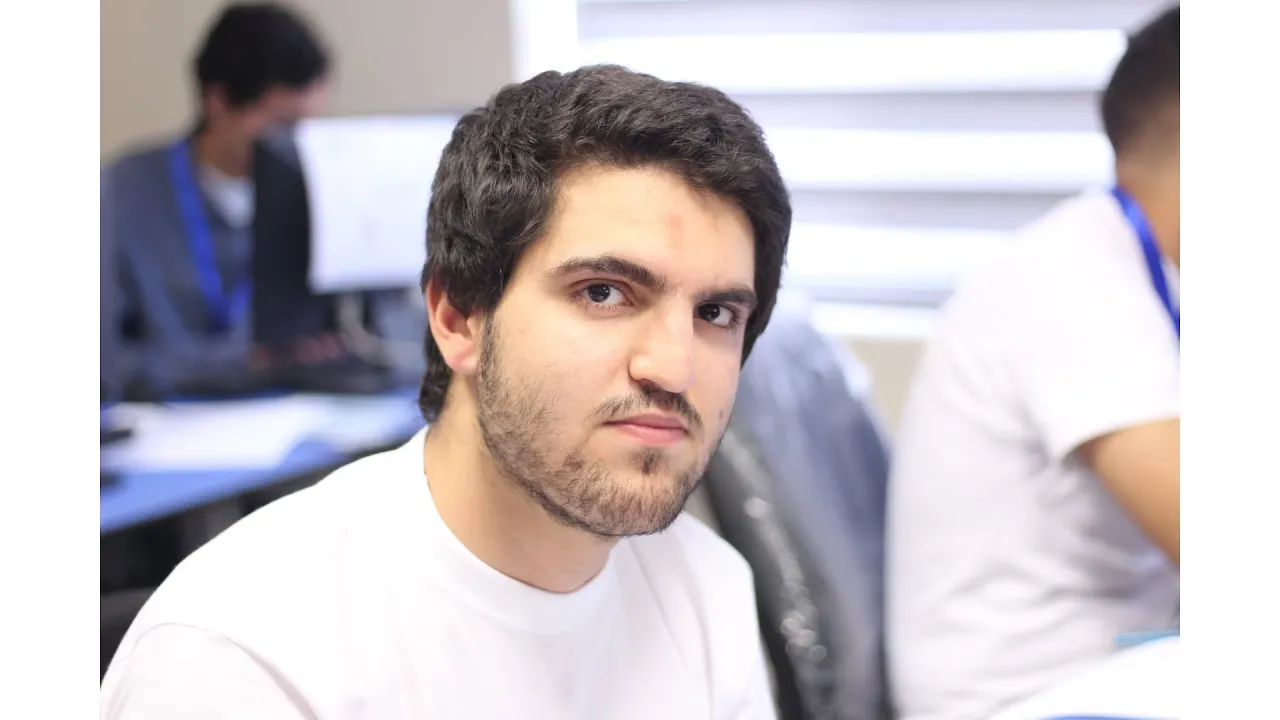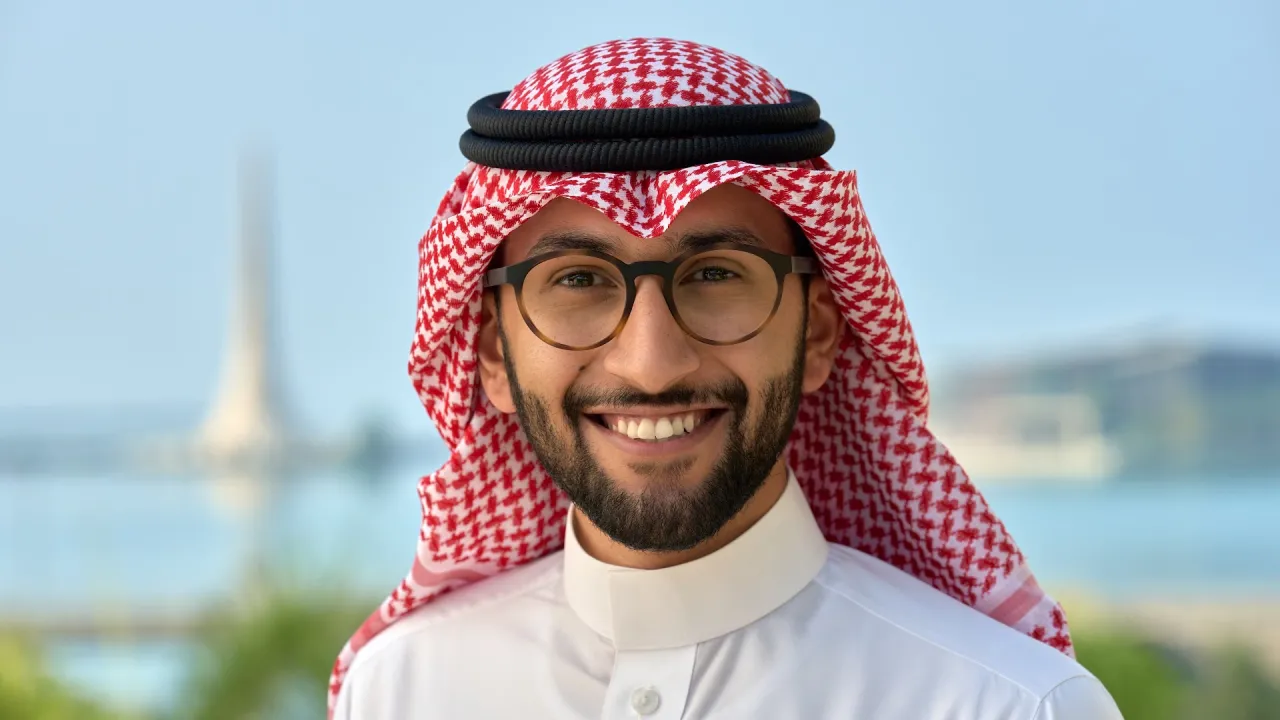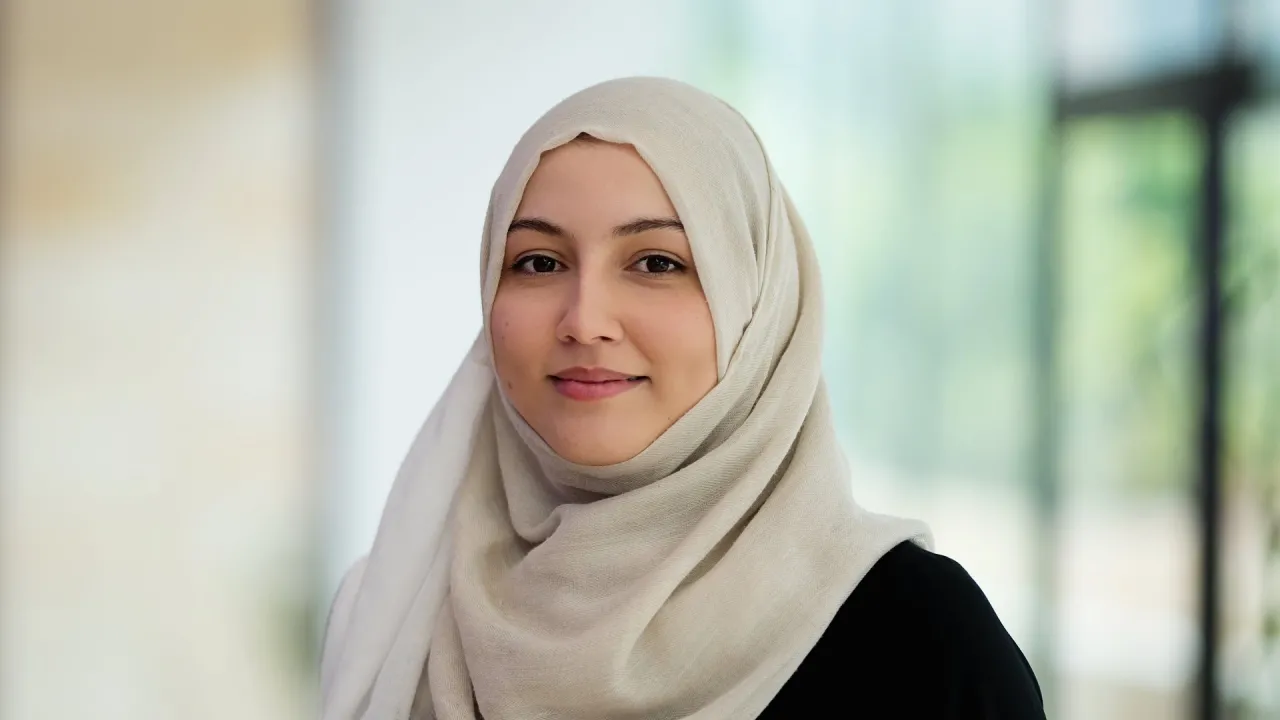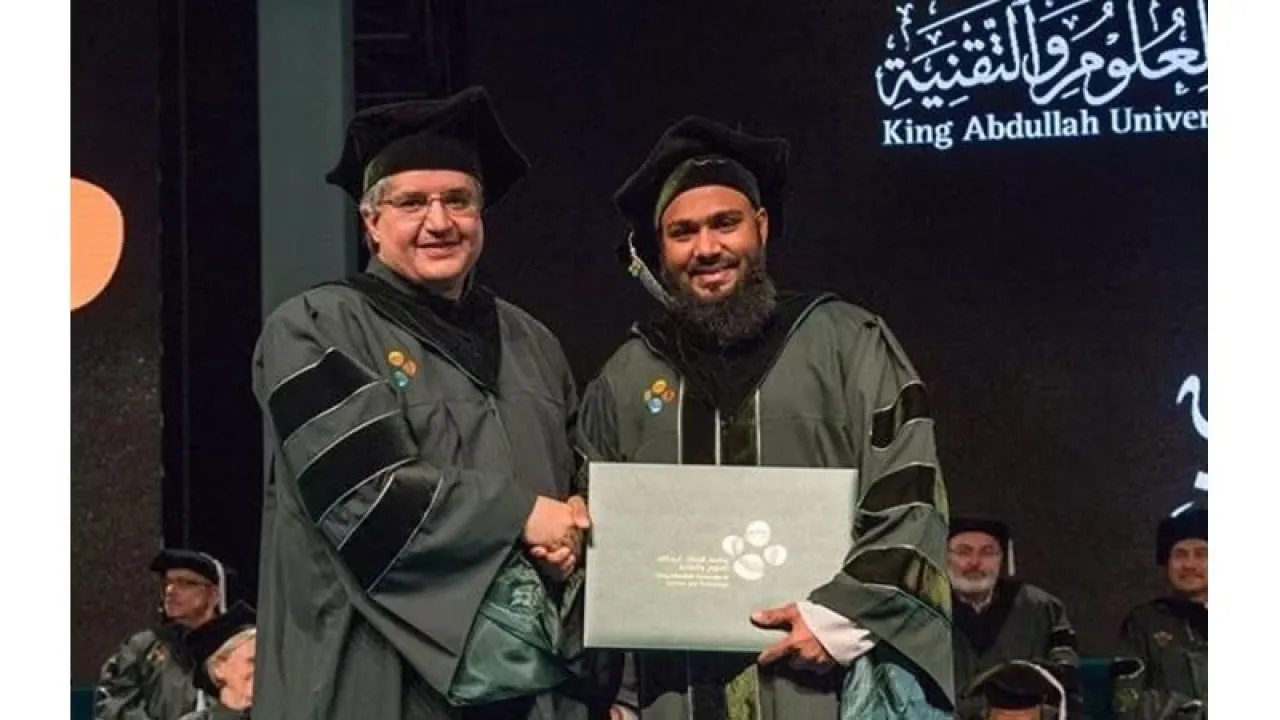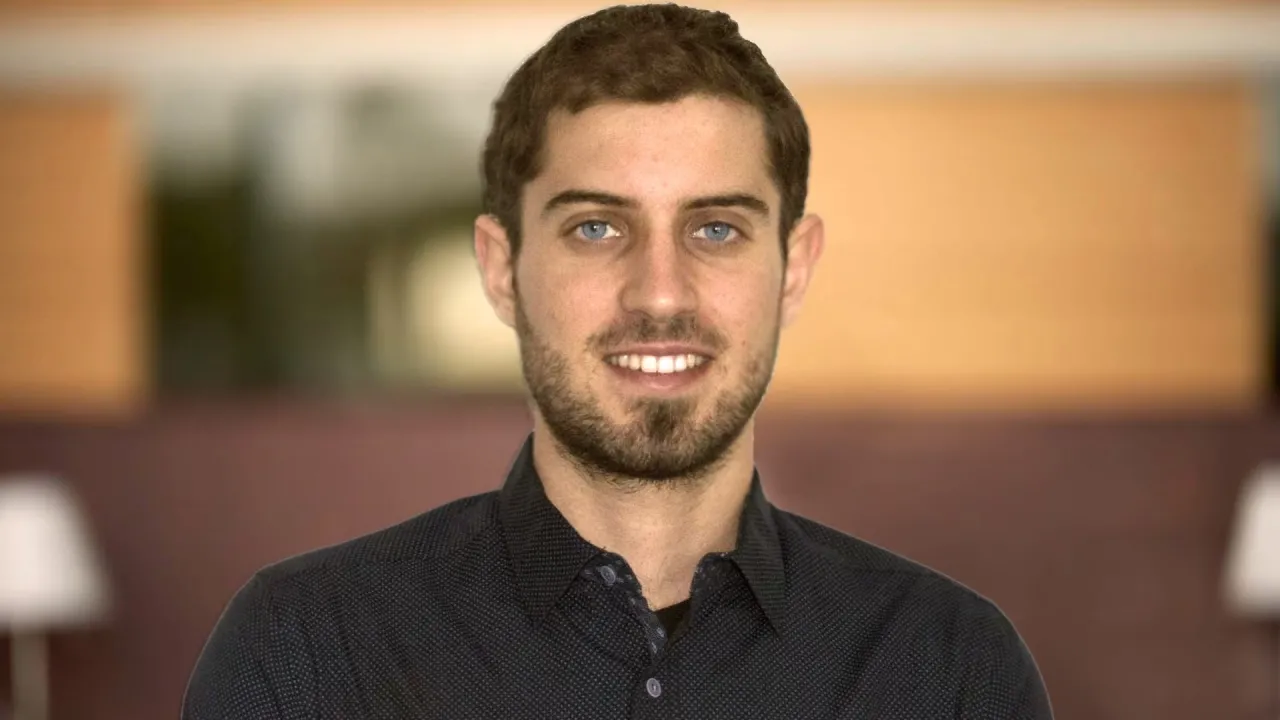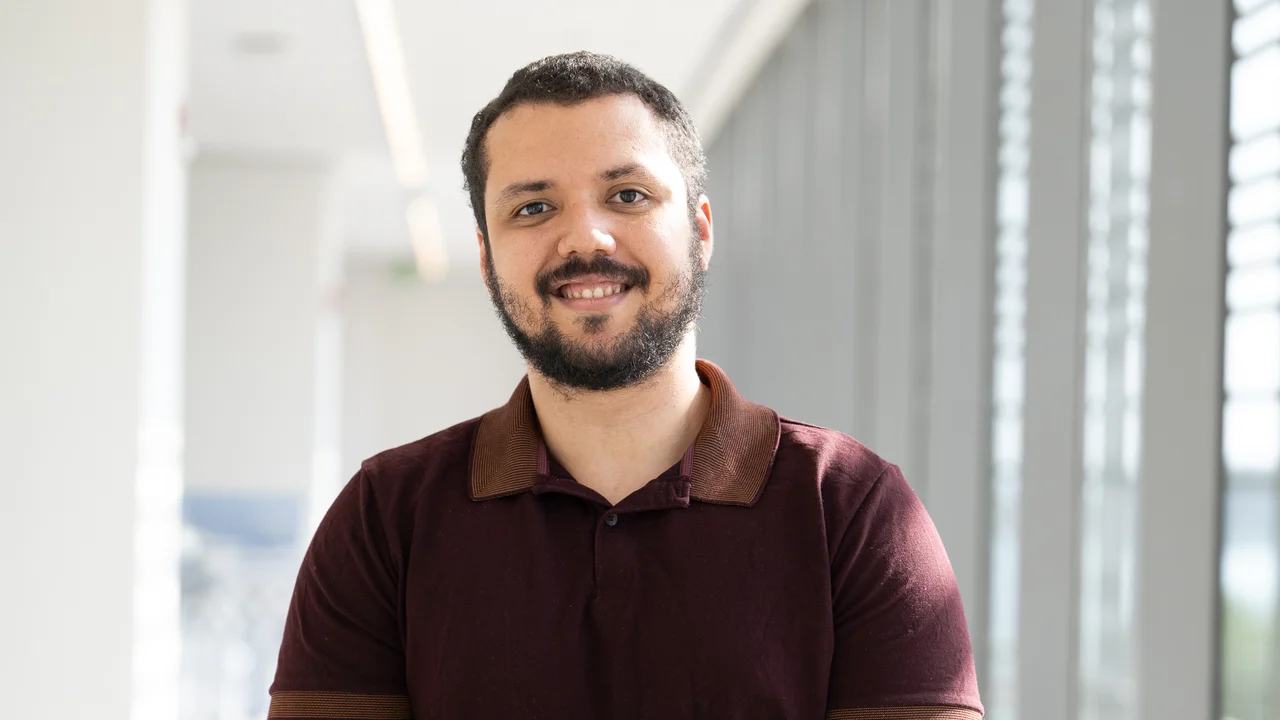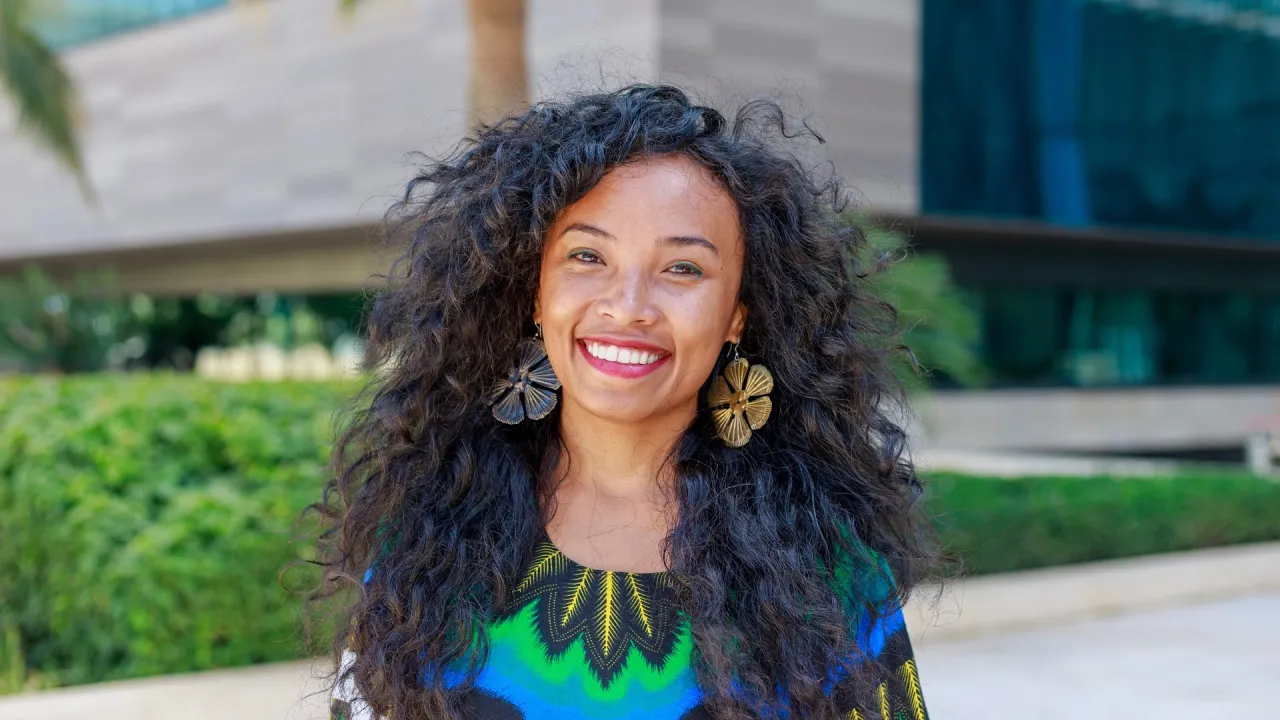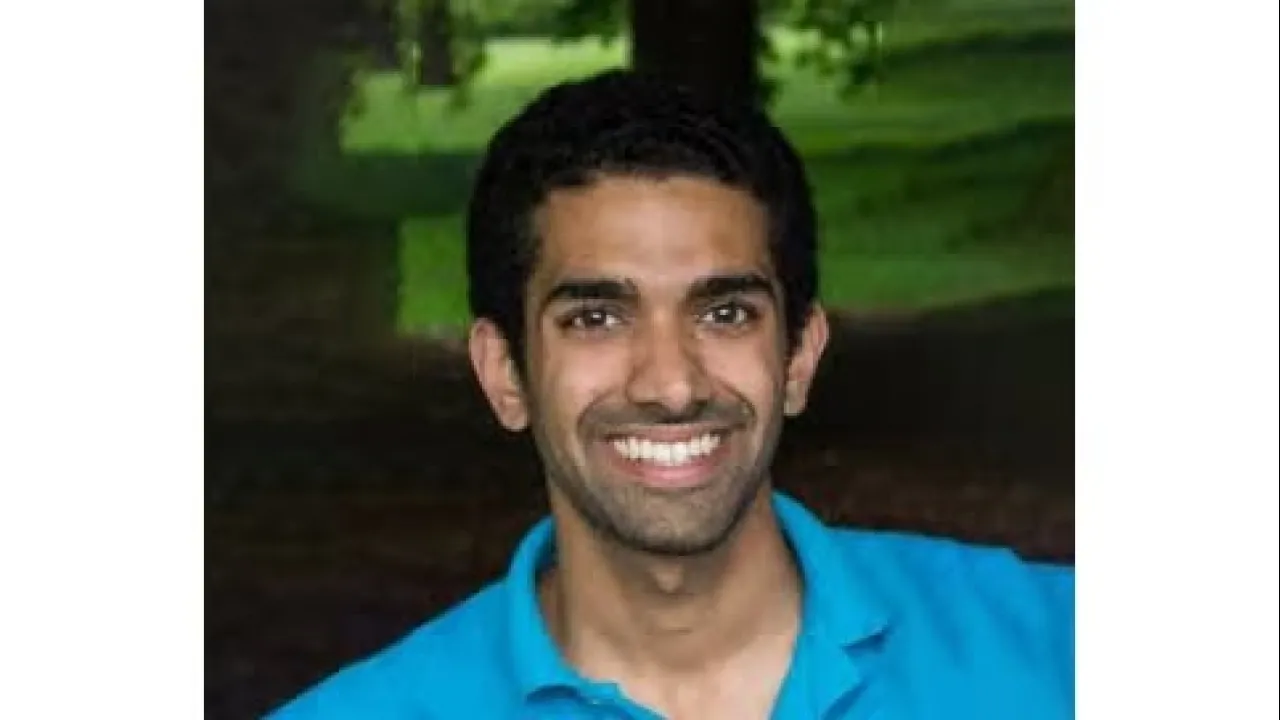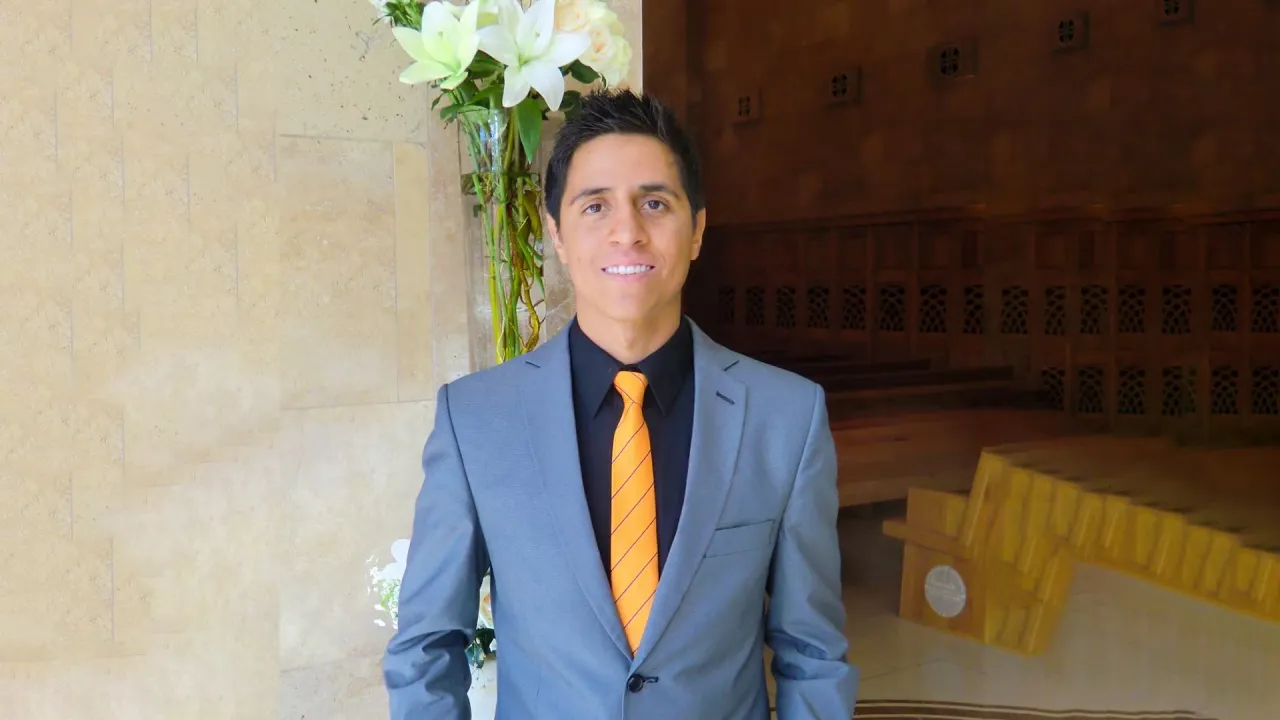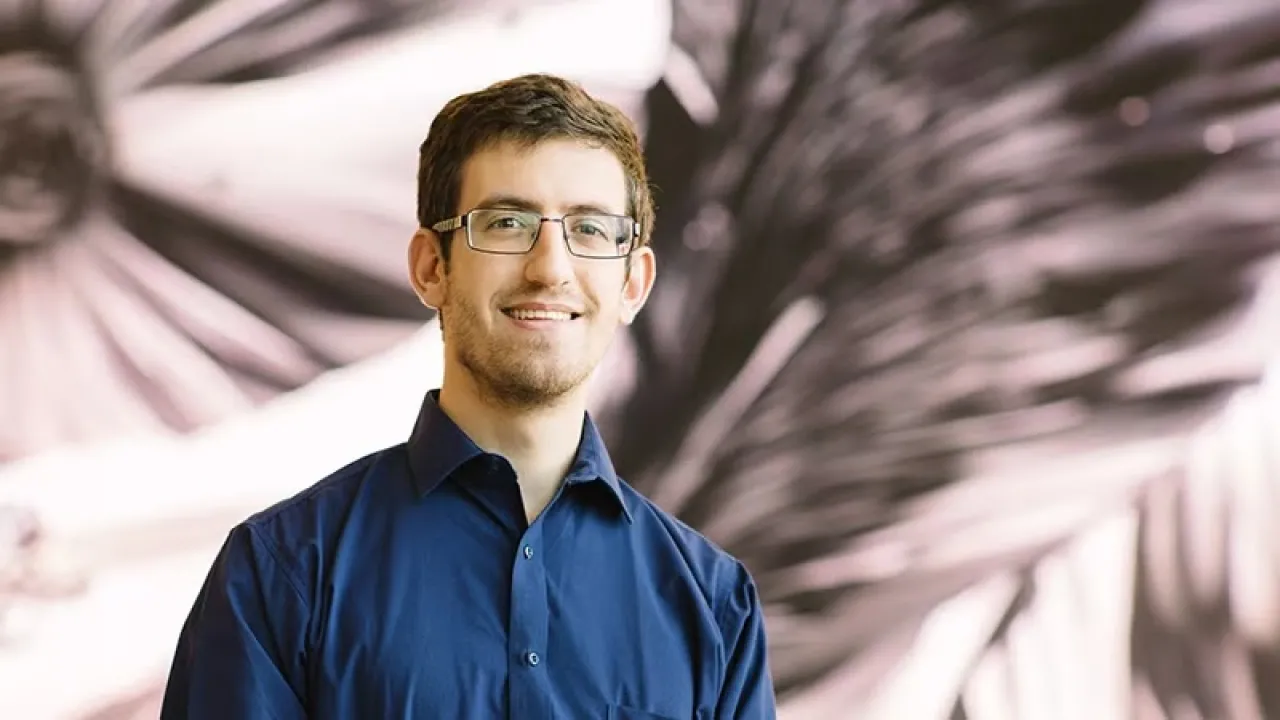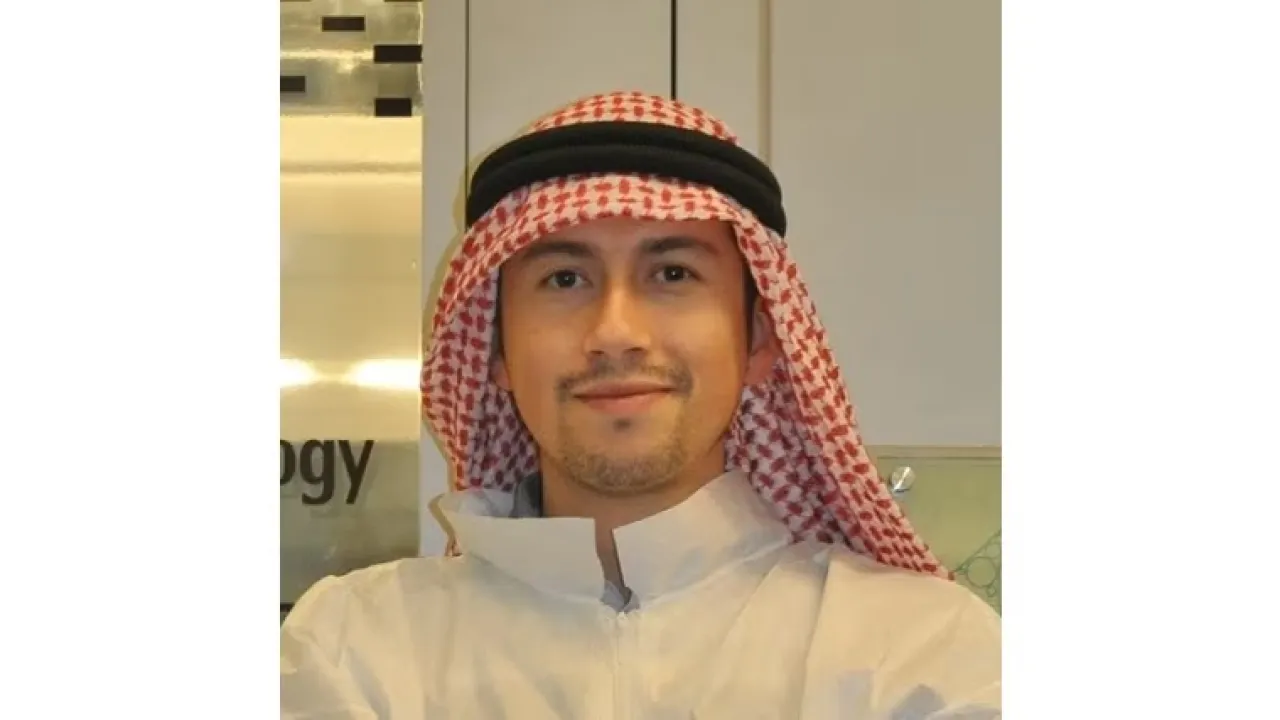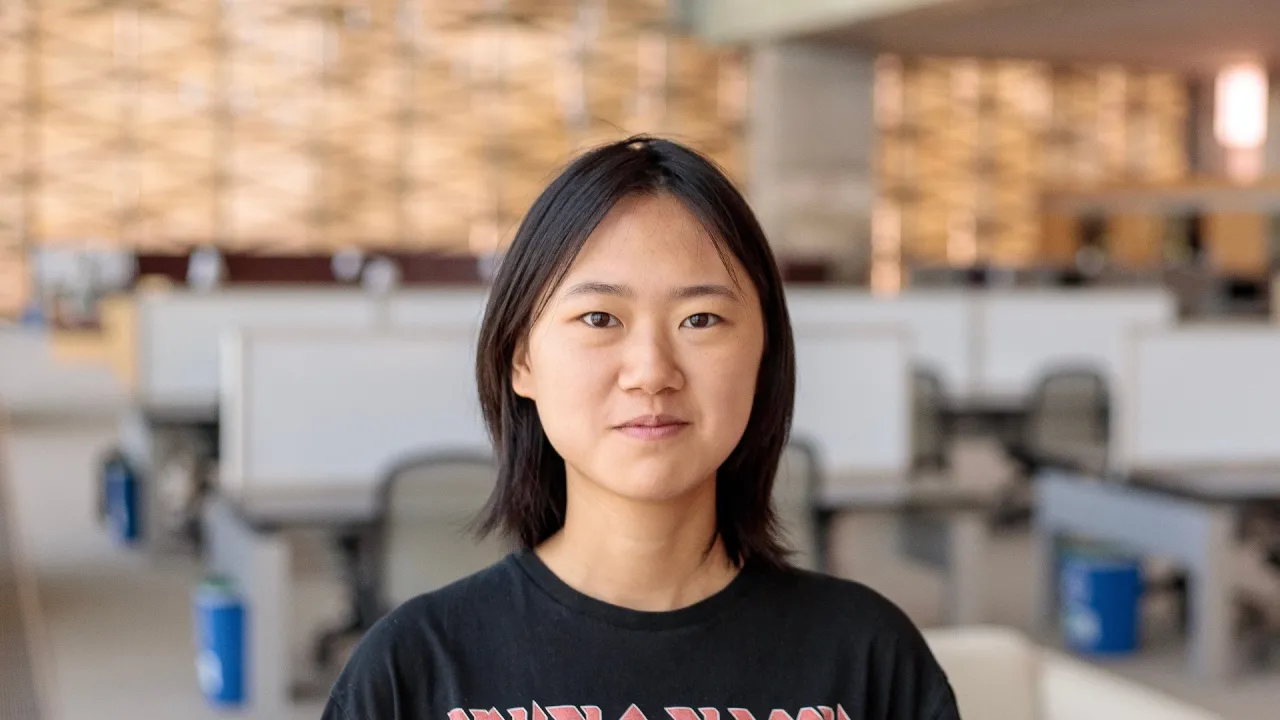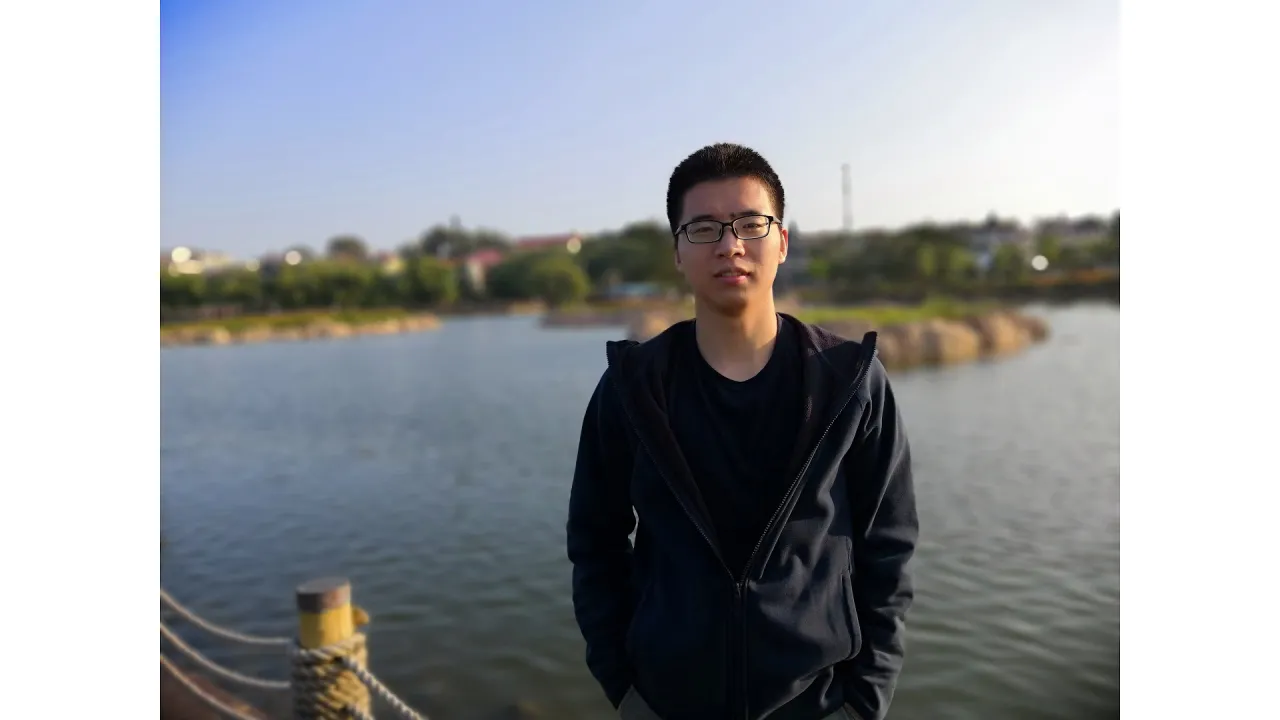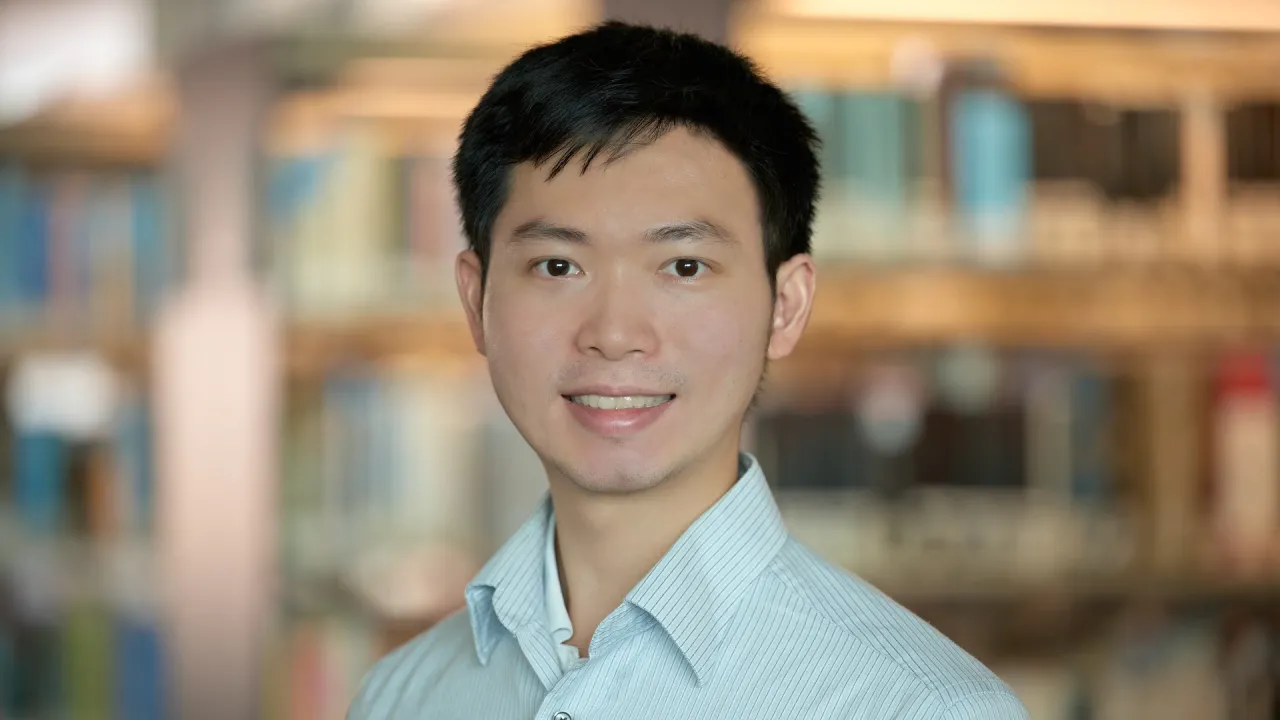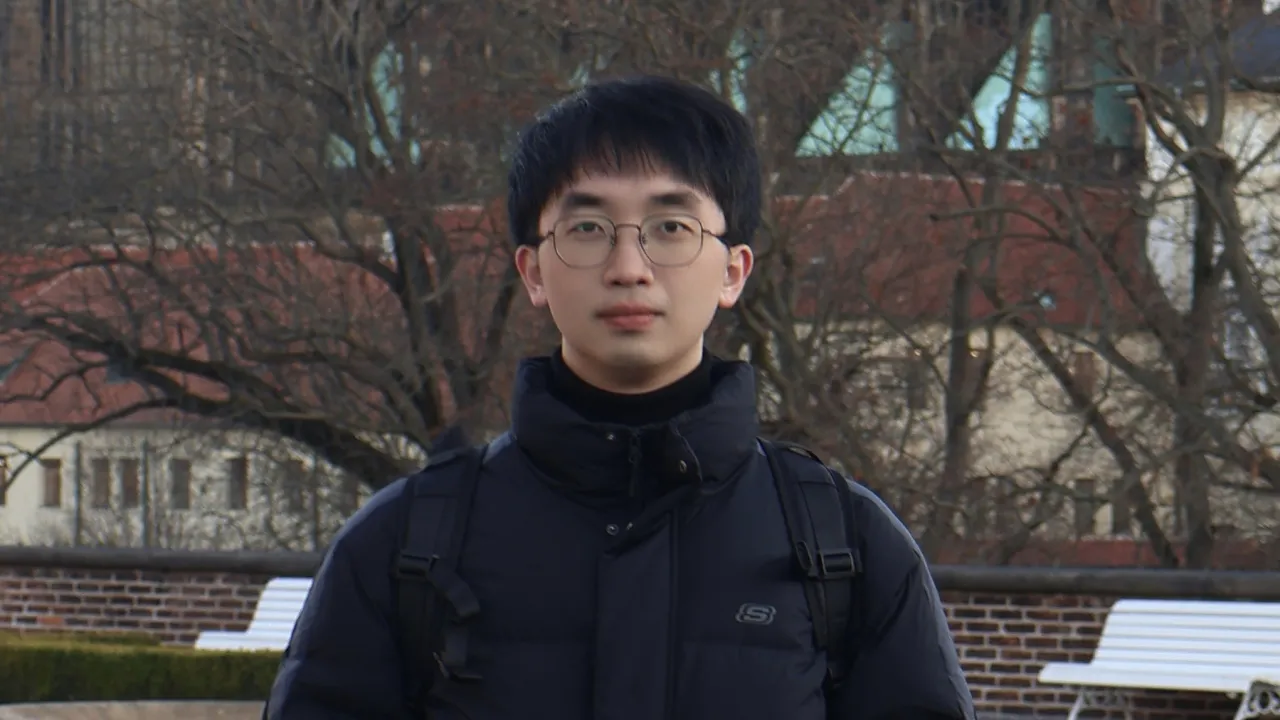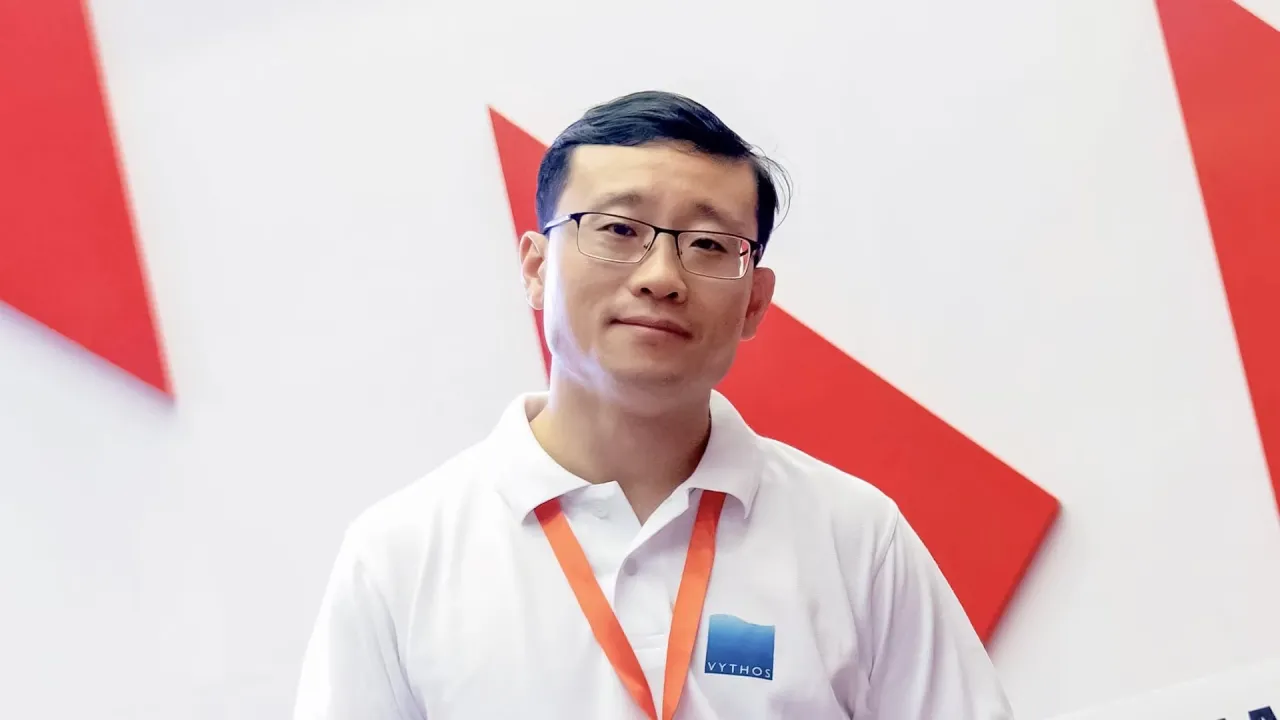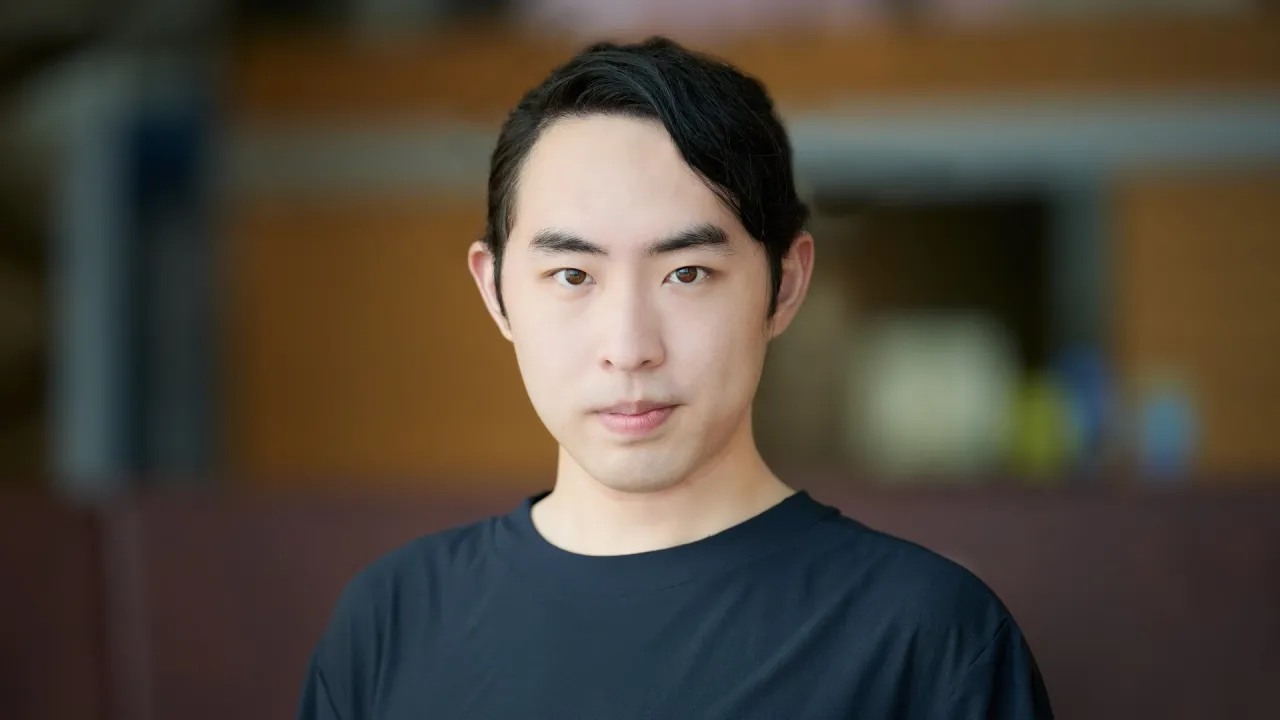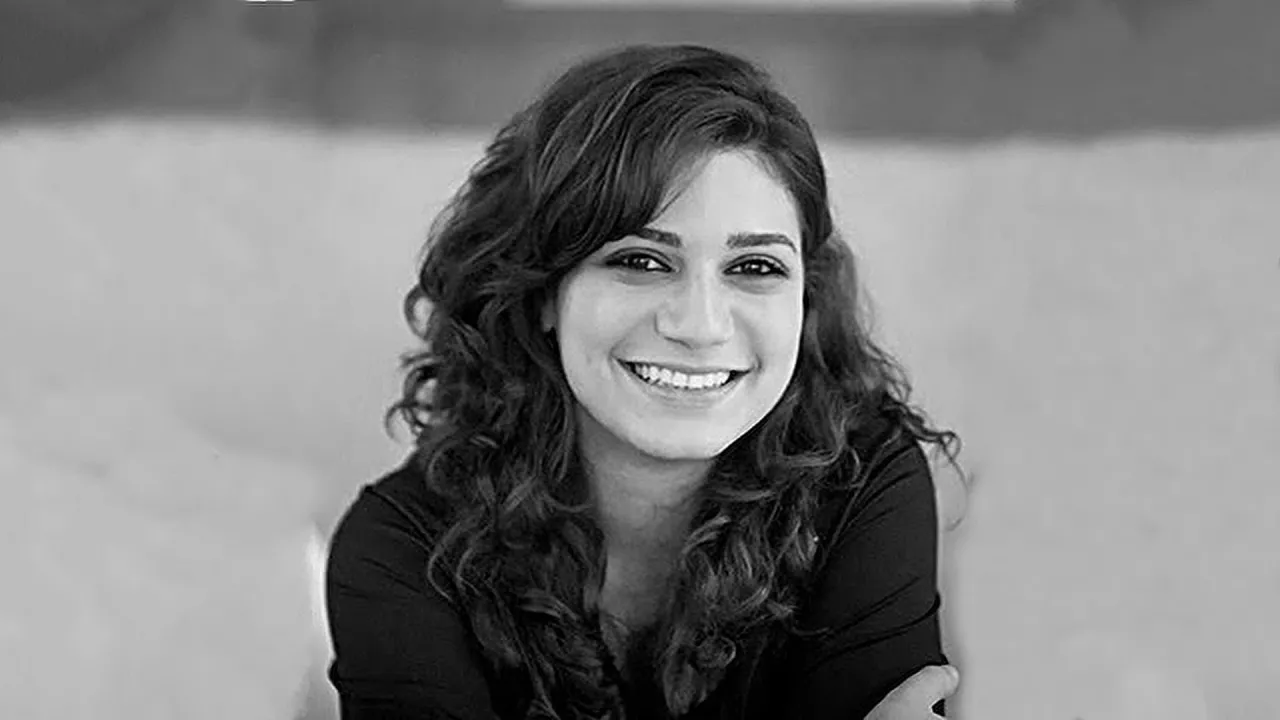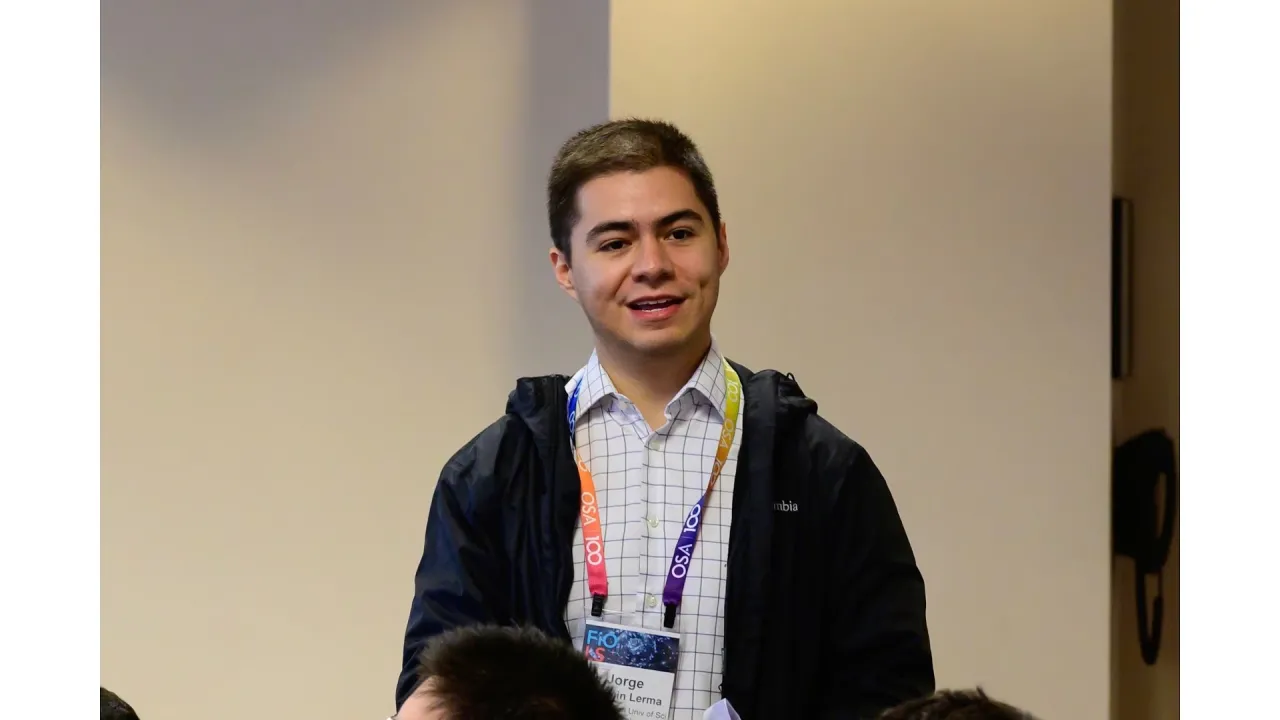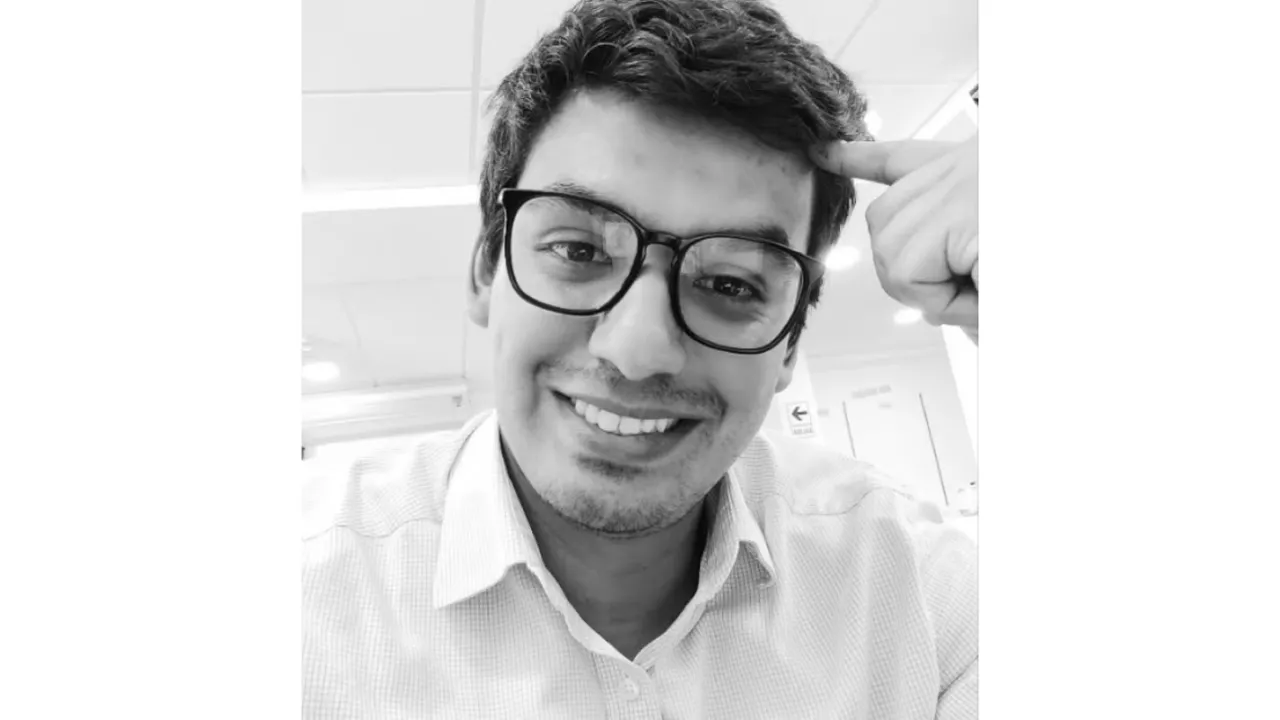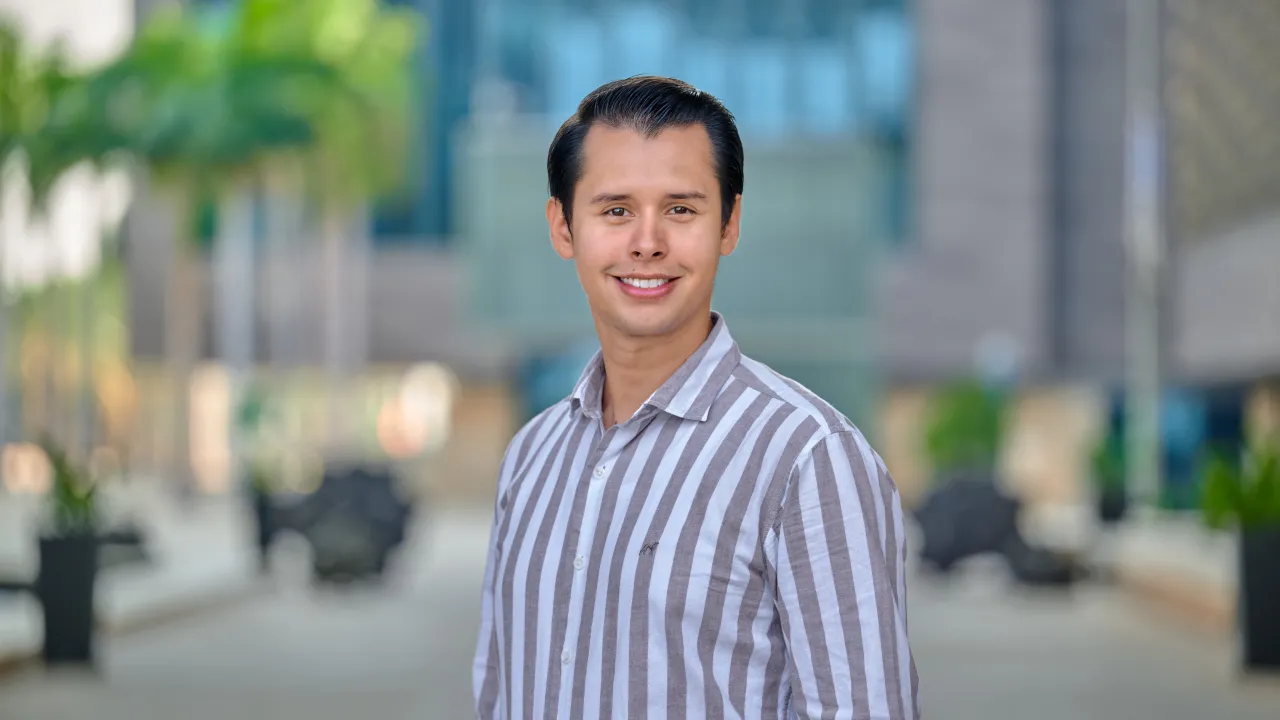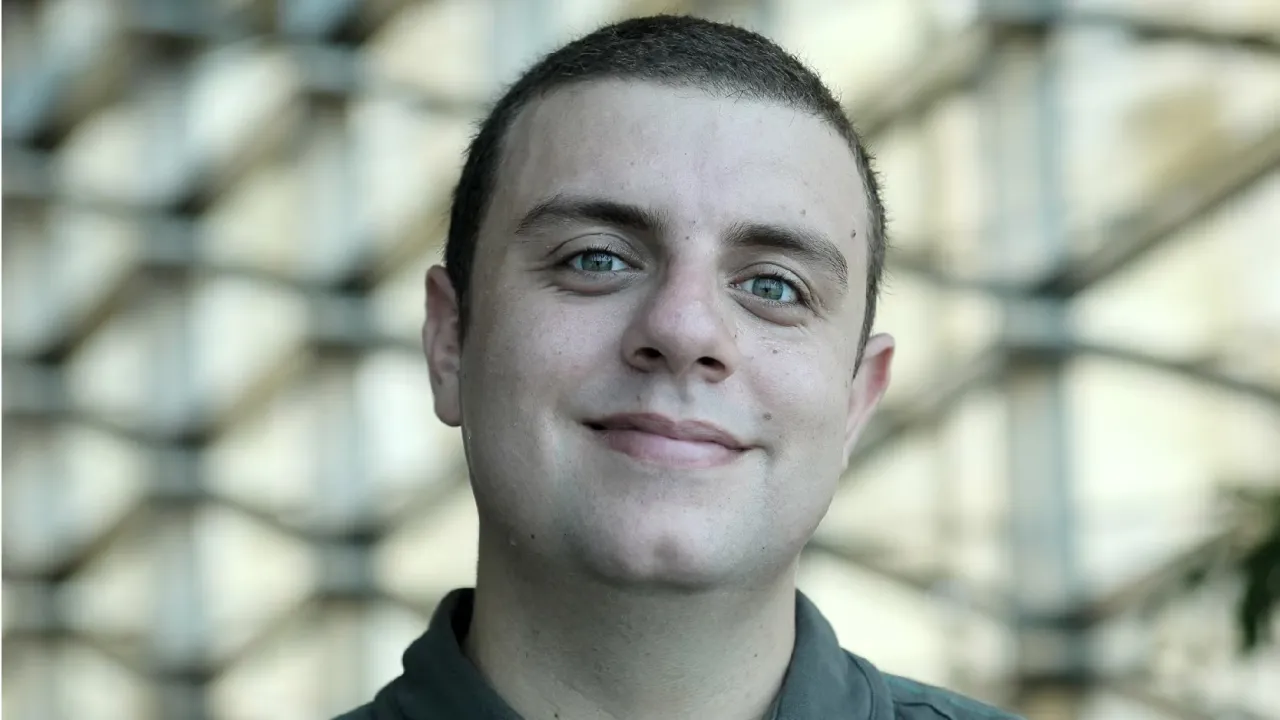Profiles
Alumni
Biography
As an Electrical Engineer, I have extensive knowledge in Power Electronics, Energy Conversion, Power Systems, and Energy Flexibility. Also, I have strong experience and love for Control Theory and Optimization. I am currently studying Machine Learning and its applications.
Research Interests
- Power electronics
- Power systems
- Anomaly detection
- Artificial intelligence
Education
Biography
Hakim Ghazzai, Senior Member, IEEE, joined the CEMSE Division as a Research Scientist in 2021. Previously, he held several research scholar positions with the Qatar Mobility Innovations Center (QMIC), Qatar, Karlstad University, Sweden, and Stevens Institute of Technology, NJ, USA. Since 2019, he has been on the Editorial Board of the IEEE Communications Letters and the IEEE Open Journal of the Communications Society. Since 2020, he joined the Board of IoT and Sensor Networks (a specialty section of Frontiers in Communications and Networks) as an associate editor. He is a recipient of appreciation for being an exemplary reviewer for IEEE Wireless Communications Letters in 2016 and IEEE Communications Letters in 2017. He is the recipient of the best paper awards at the 2023 IEEE International Conference on Smart Mobility and the 2017 International Conference on Advances in Vehicular Systems, Technologies, and Applications. He is the author and co-author of more than 190 publications. His general research interests include applied artificial intelligence for smart cities, the Internet of things, Intelligent Transportation Systems (ITS), mobile and wireless networks, and Unmanned Aerial Vehicles (UAVs).
Research Interests
Hakim's research focuses on the following areas:
- Green communications
- Smart city applications
- Artificial intelligence
- The Internet-of-Things
- Intelligent transportation systems
Education
Hassan Jaleel
- Postdoctoral Research Fellow, Electrical and Computer Engineering
Biography
Heng Wang is a Ph.D. Candidate in Electrical and Computer Engineering of King Abdullah University of Science and Technology (KAUST), where he specializes in nanofabrication, lithography, and nanodevice processing. He earned his bachelor's degree in Microelectronic Science and Engineering from the University of Electronic Science and Technology of China (UESTC). During his academic career, he developed strong hands-on experience in cleanroom processes and supported collaborative research in advanced electronics and quantum devices.
Research Interests
My research focuses on the development of graphene-based geometric diodes for terahertz (THz) rectennas, aiming to enable efficient high-frequency energy harvesting and detection. I specialize in nanofabrication techniques such as electron beam lithography to realize ultra-small, high-performance devices. My work also integrates cleanroom process optimization and AI to advance next-generation nano devices.
Education
Research Interests
Israel's has experience in several advanced areas, including Voice Search Processing, Manifold Learning, Image Processing, Dimensionality Reduction, Optimization, and the mathematical foundations of deep learning. His primary objective is to develop professional, end-to-end technology solutions that integrate signal processing (both hardware and software), machine learning, MLOps, and robust back-end systems.
Education
Education
Biography
José Maria earned his Bachelor of Engineering in Electronic Engineering, with a minor in Telecommunications, from Universidad Peruana de Ciencias Aplicadas (UPC) in Lima, Peru, in 2018. During his undergraduate studies, he was awarded a partially funded scholarship in 2013. In 2018, he received funding for a research project through the VII Annual Research Incentive Competition at UPC, which led to the publication of a paper and a presentation at the XXII Symposium on Image, Signal Processing, and Artificial Vision (STSIVA) in 2019.
José Maria began his career with internships at IBM Peru, first as a Computer Specialist and later as a Software Developer. His interest in the Internet of Things (IoT) grew, leading him to become a speaker at various universities, where he taught IoT and Machine Learning. He focused on using single-board computers to connect multiple devices and leverage environmental data. José Maria has worked on several research projects at UPC, including a notable Digital Image Processing project aimed at developing a reliable method for diagnosing health issues in coffee plants using machine learning in Python, providing early diagnosis tools for cultivators.
Research Interests
José Maria is proficient in Python, Java, and machine learning technologies. His research interests lie in leveraging machine learning to enhance communication methods, with a focus on coding and modulation, Smart Grid technologies, and satellite networks. He is passionate about the Internet of Things (IoT) and has shared his knowledge as a speaker at various universities, teaching IoT and Machine Learning. His sessions emphasize the use of single-board computers for data-driven device connectivity, showcasing practical applications of these technologies.
Education
Biography
Juan M. Marin is a Doctoral Candidate in Electrical Engineering at King Abdullah University of Science and Technology (KAUST). He received his B.S. degree in Electrical Engineering from the National University of Colombia in 2021. He is currently a postgraduate researcher with KAUST Photonics Laboratory.
His research focuses on the development of Integrated Sensing and Communications (ISAC) as a fundamental asset for the next generation of fiber-based telecommunication networks, endowing optical fibers with multi-parameter sensing and pattern recognition capabilities enabled by machine learning algorithms. In addition to this, his work envisions incorporating fiber optics into the Internet of Things (IoT) by enabling simultaneous power delivery and energy harvesting in fiber-optic networks.
Research Interests
Fiber-optic sensors; Optical Networks; Applied Machine learning; Signal Processing
